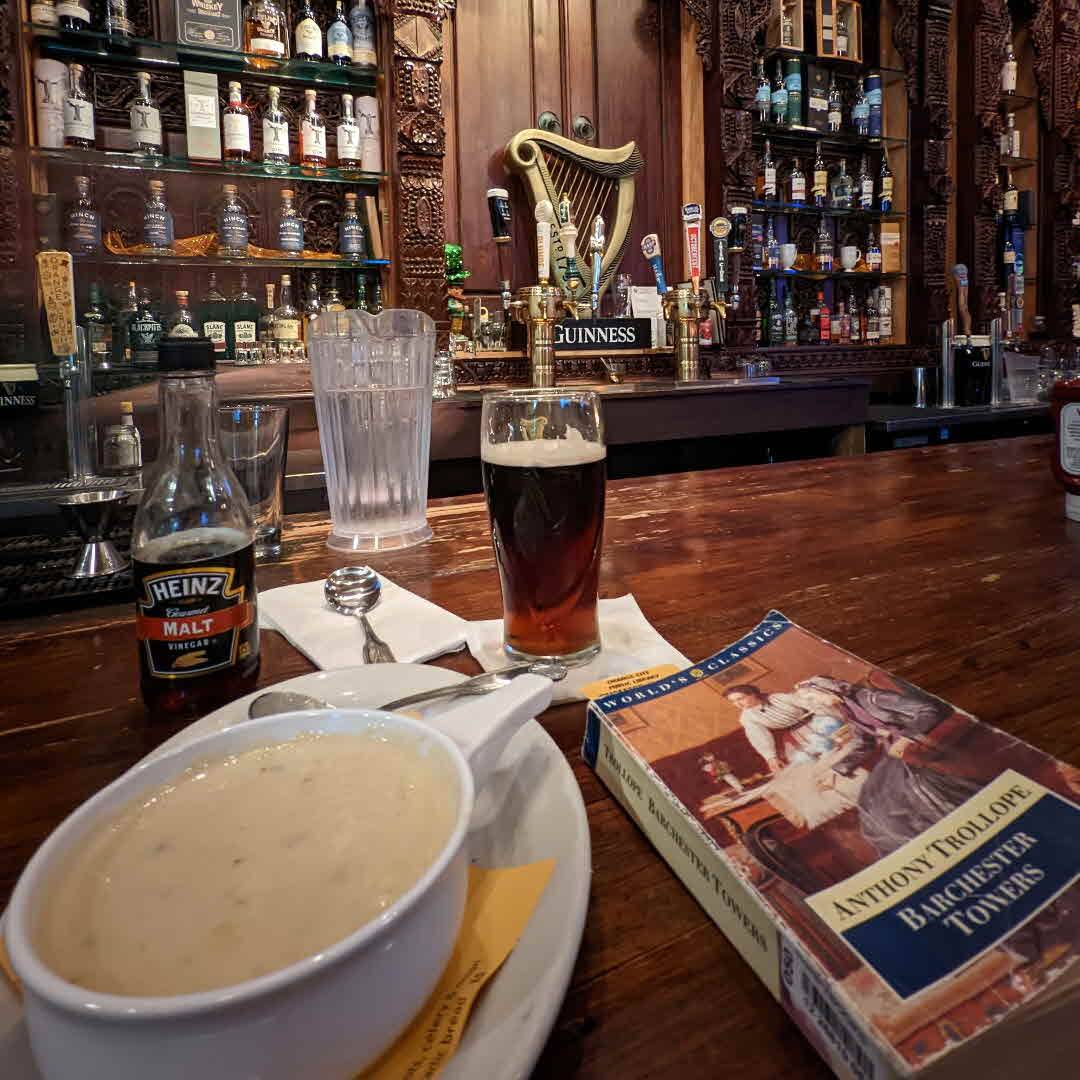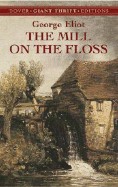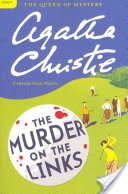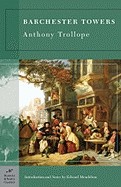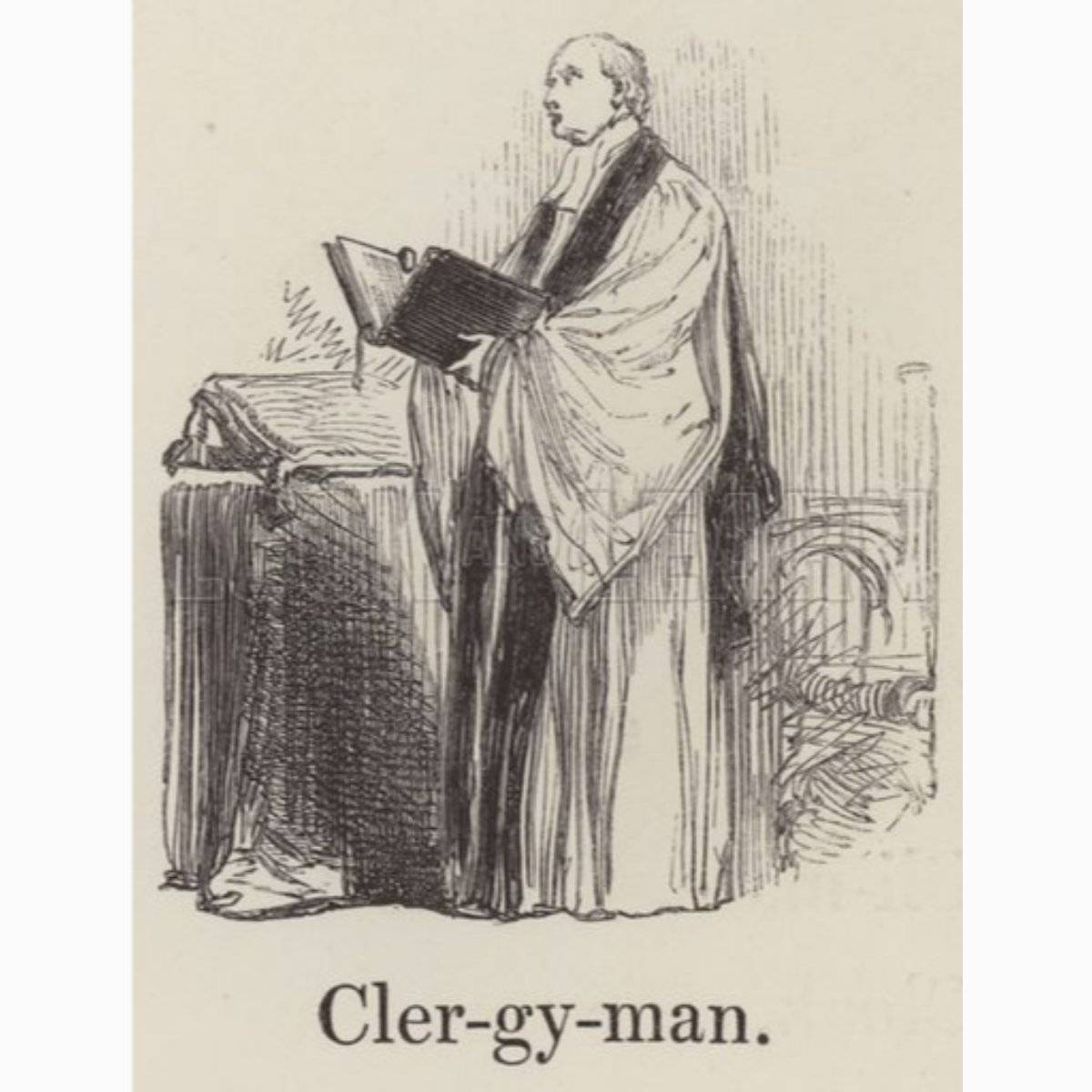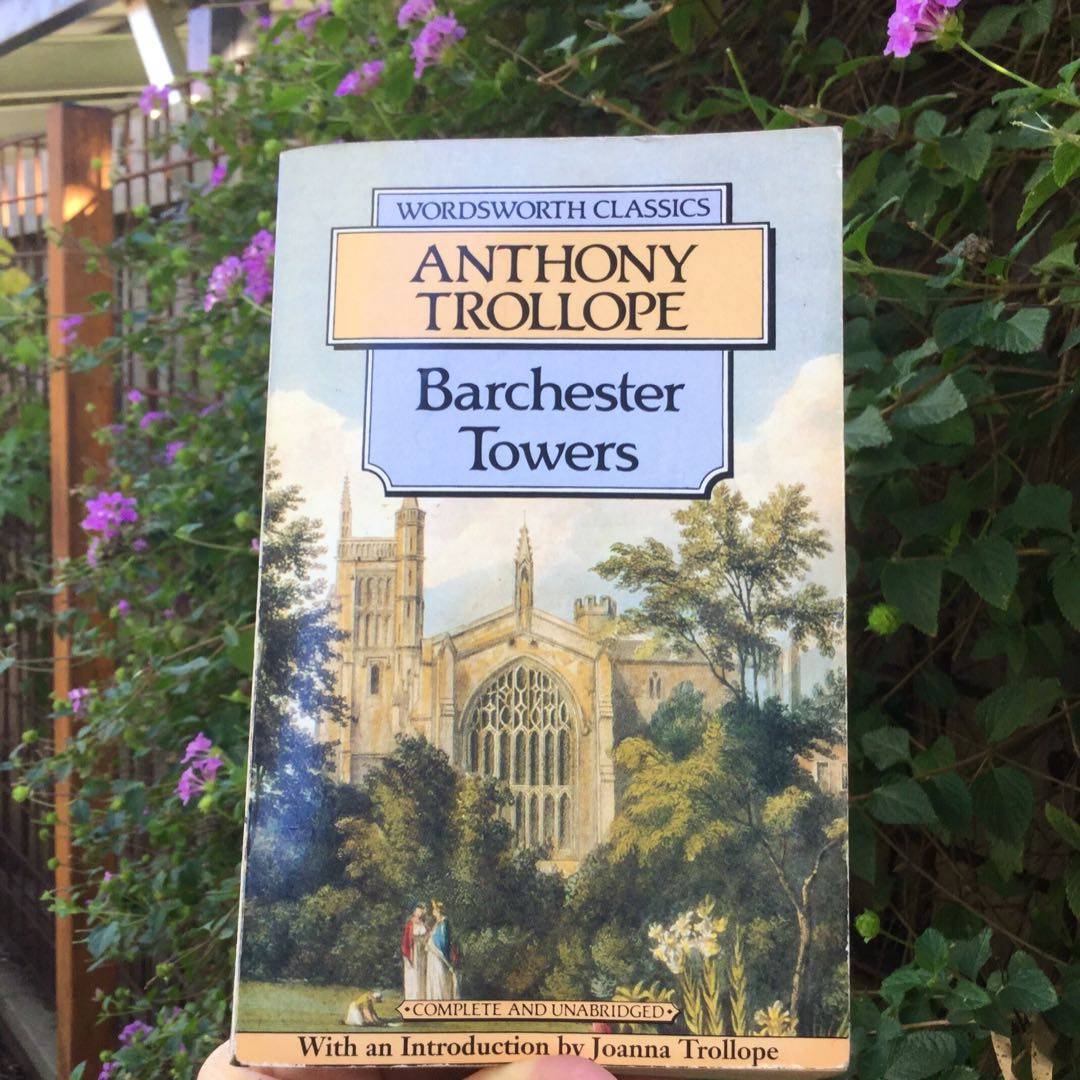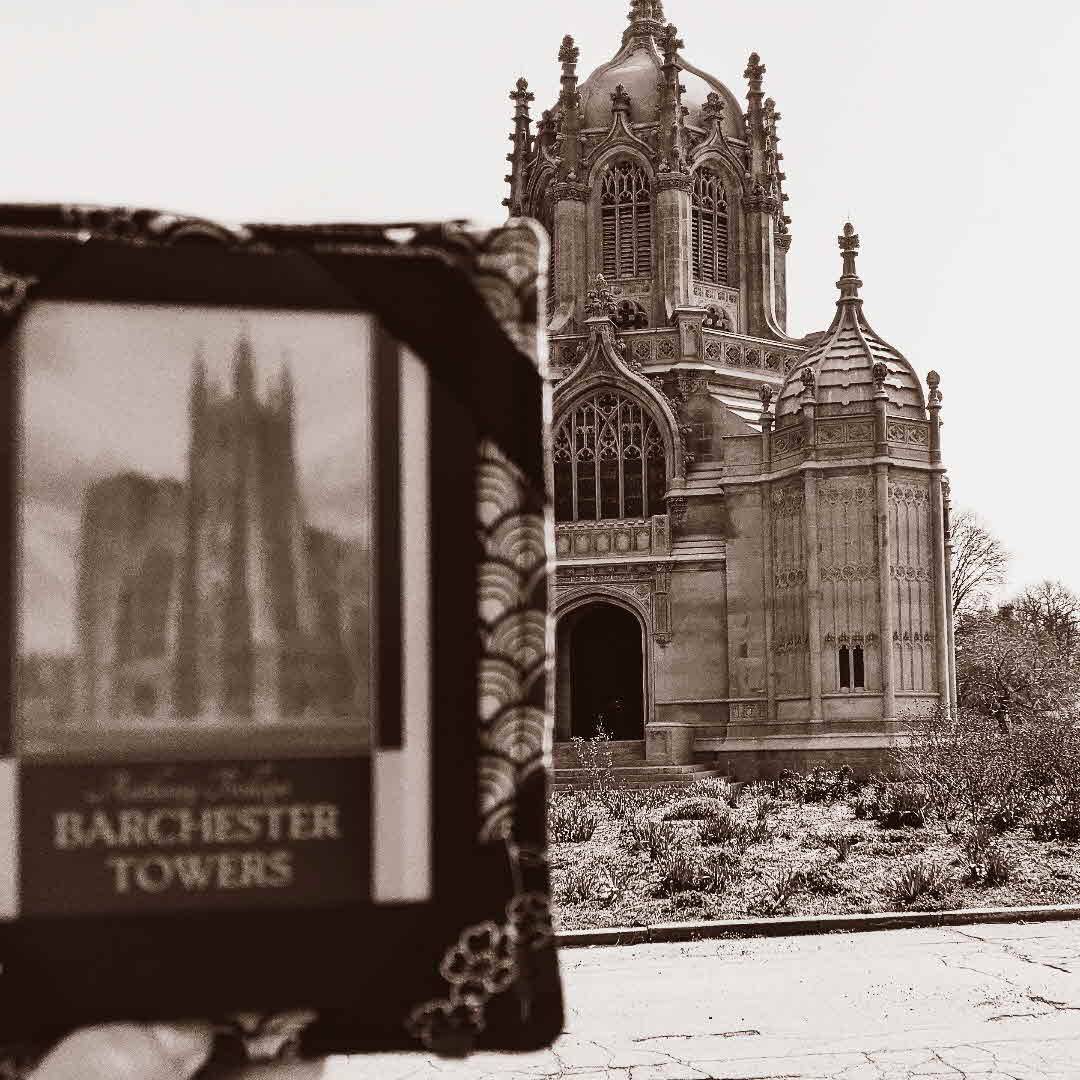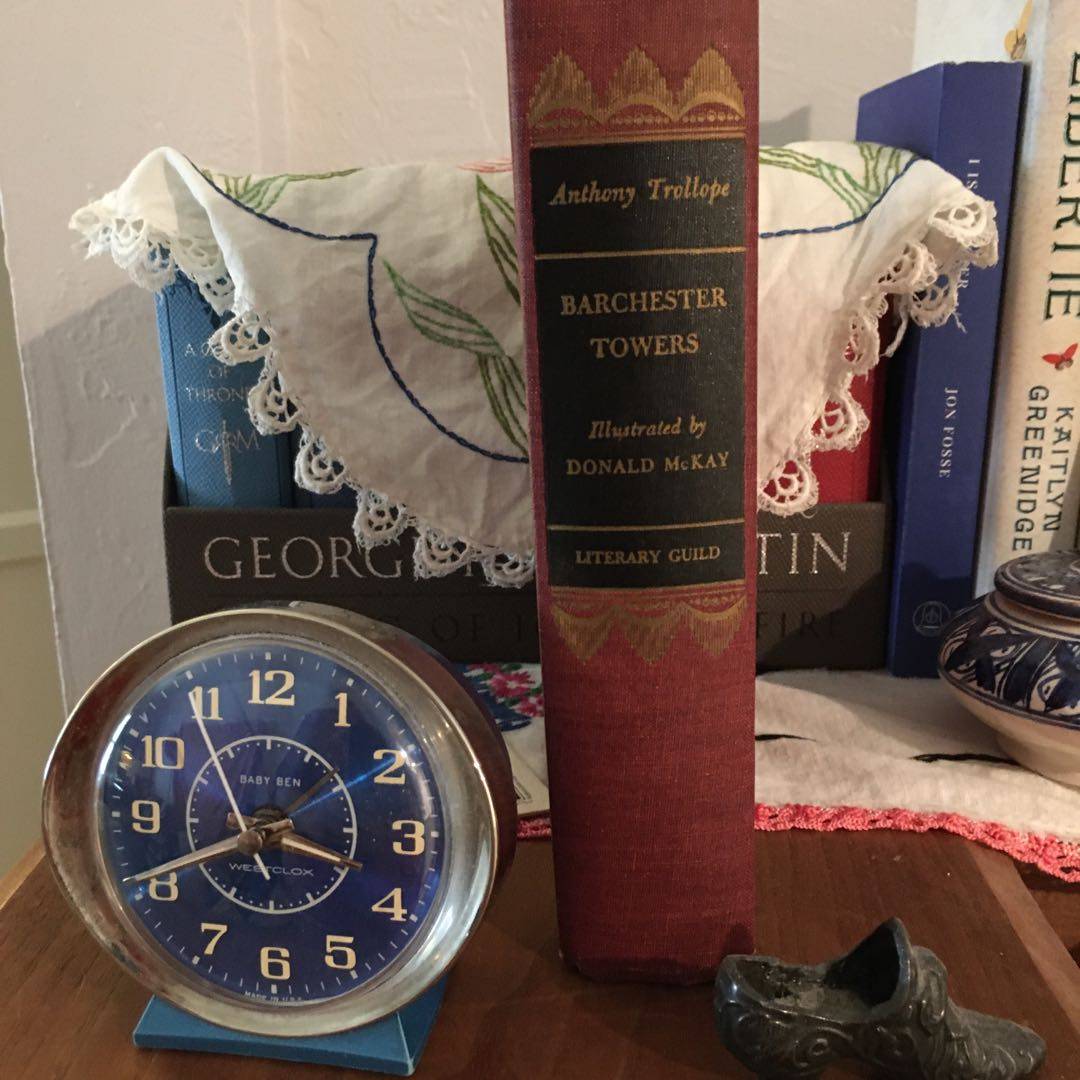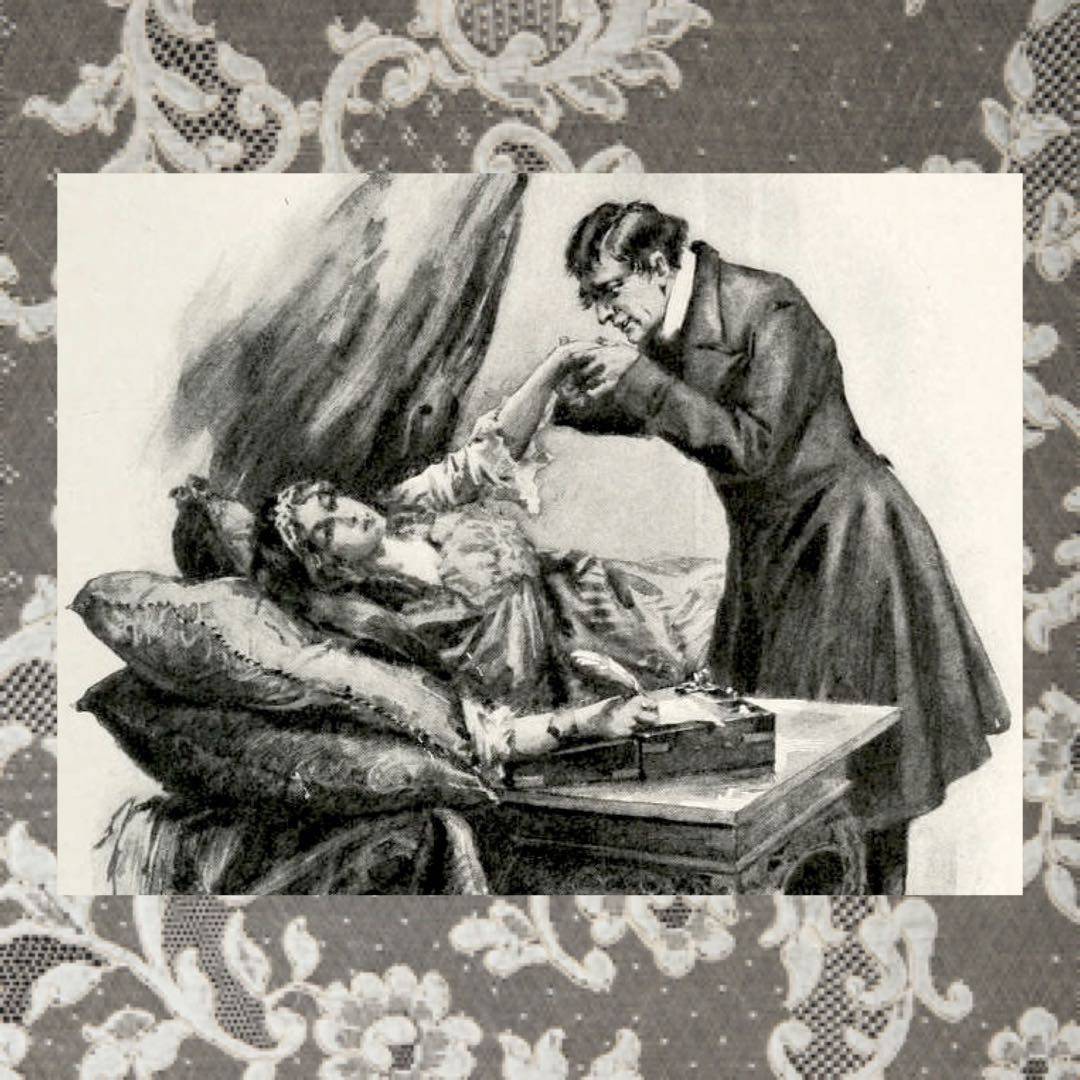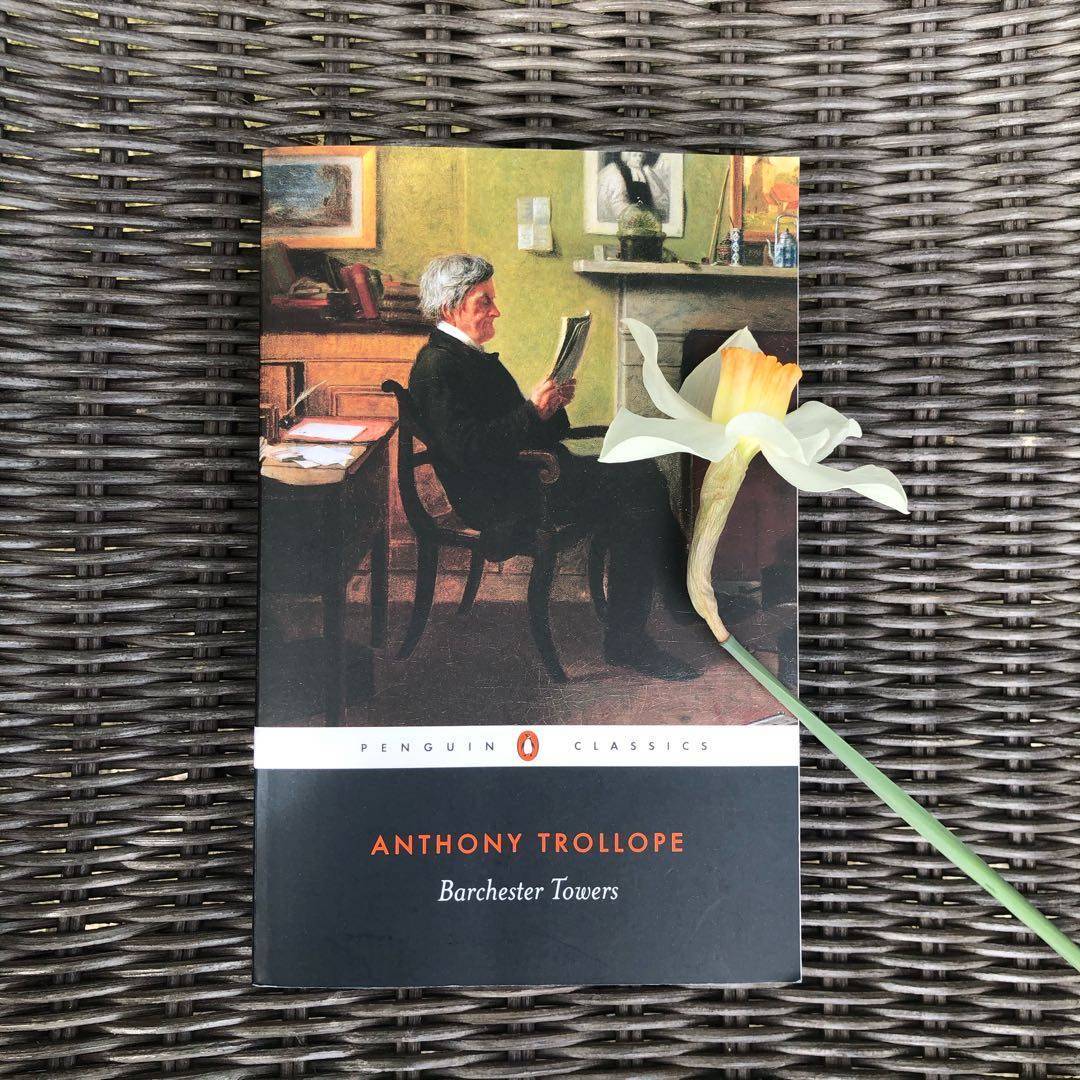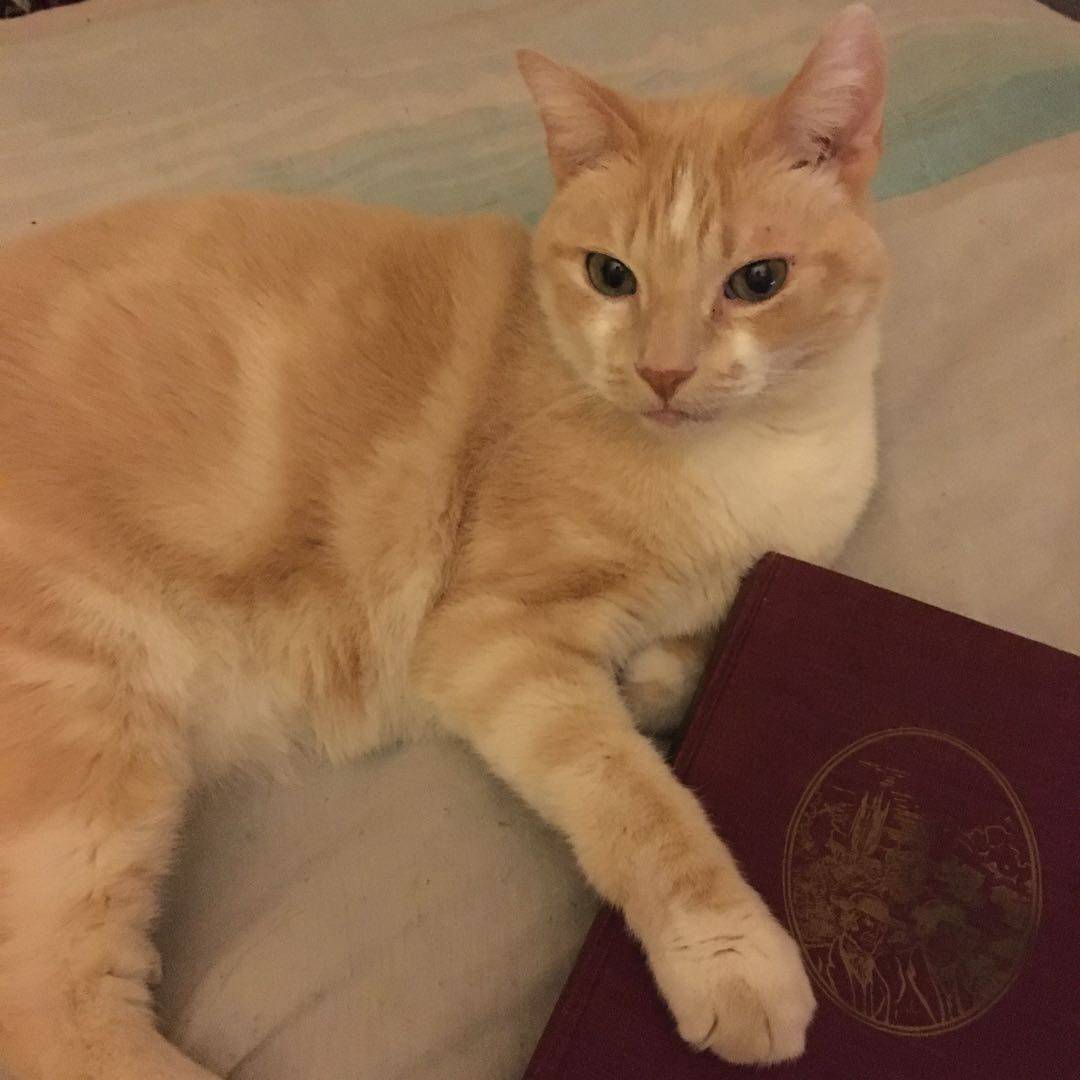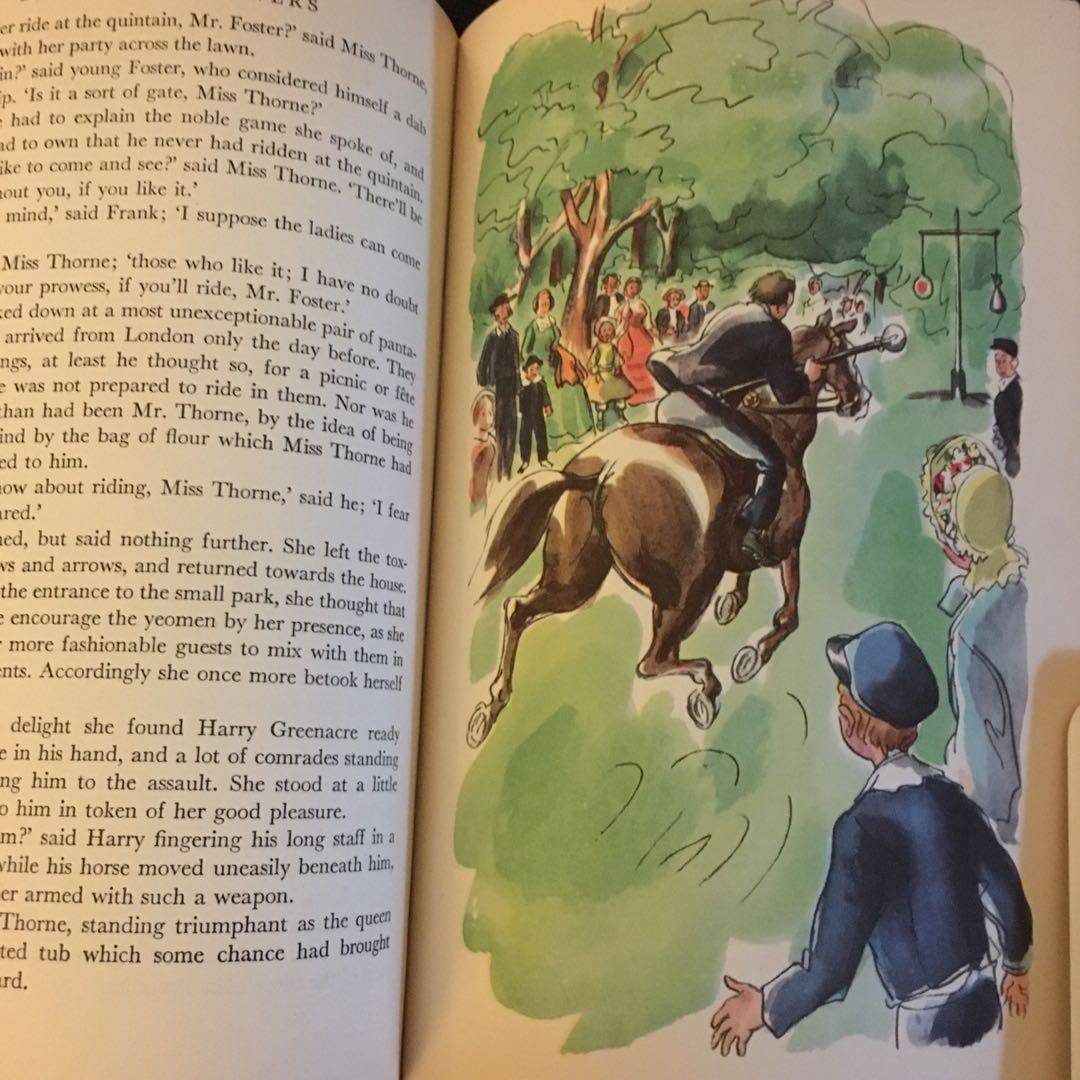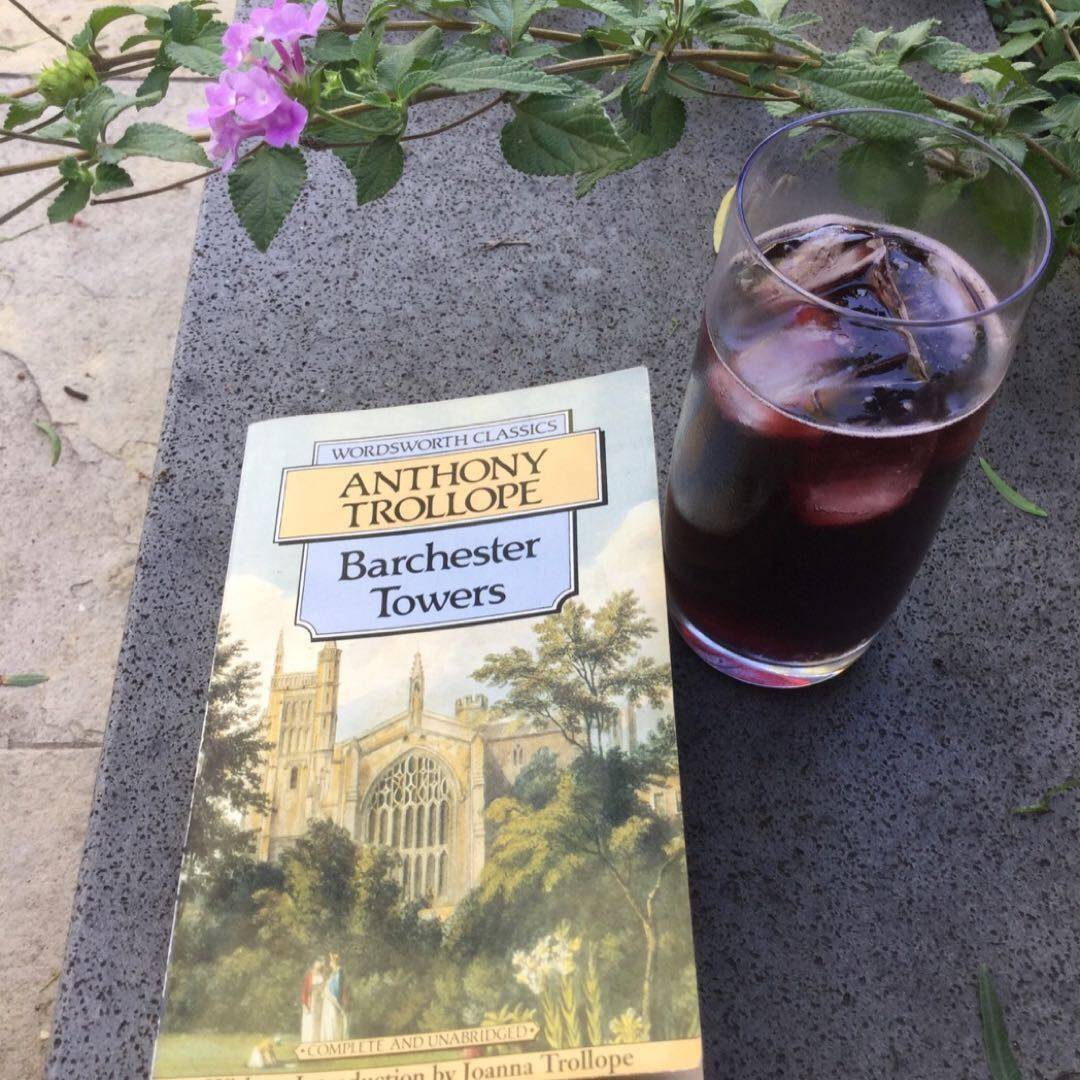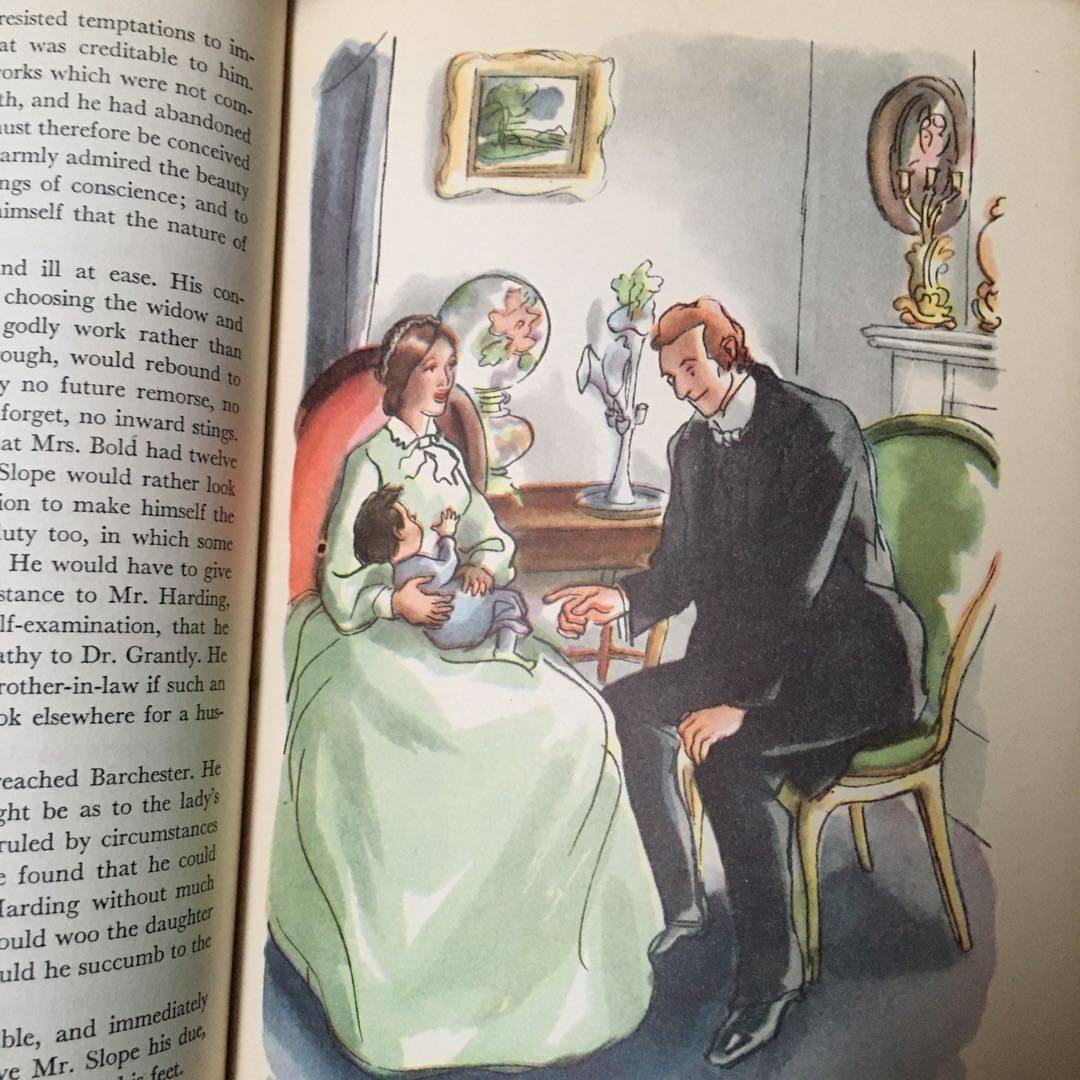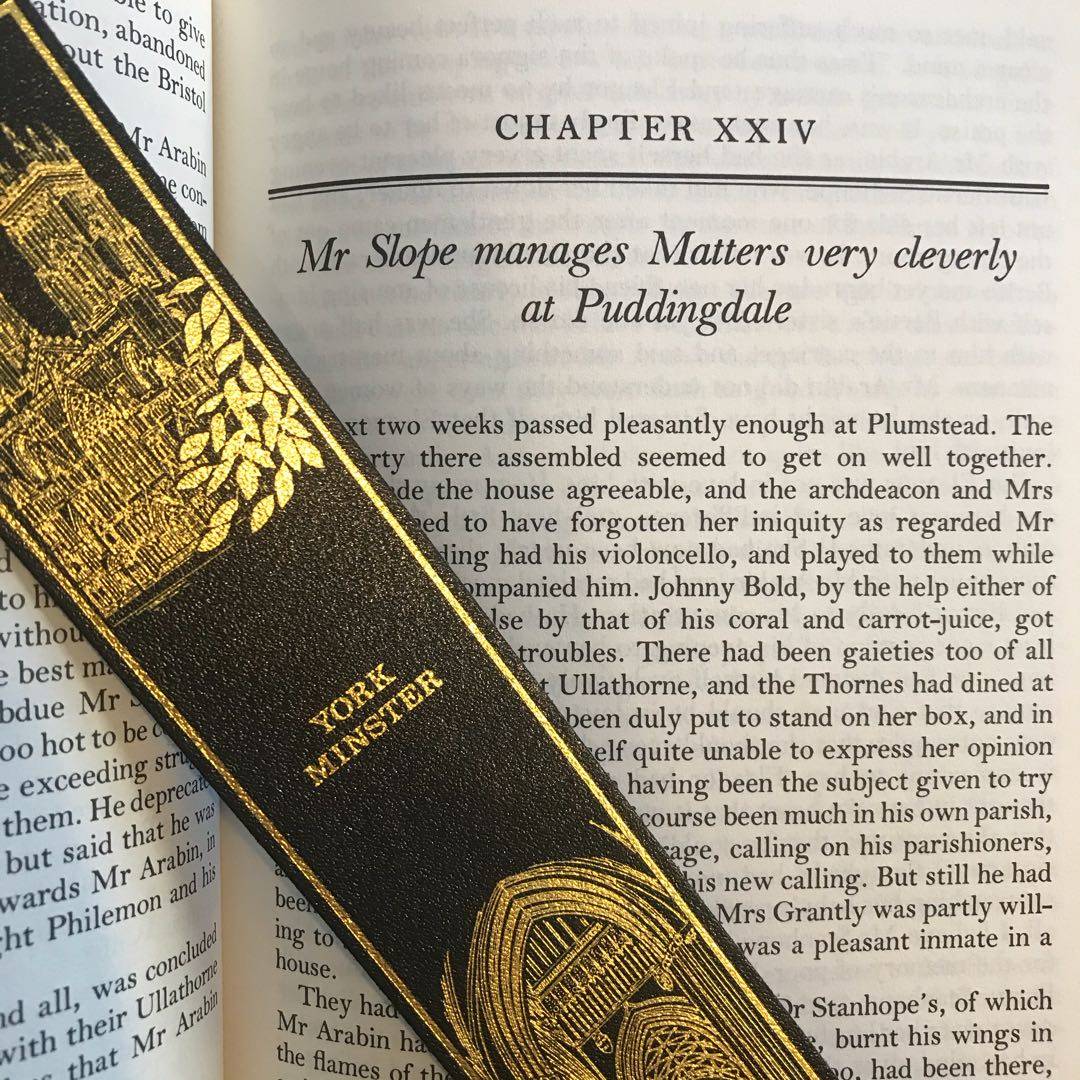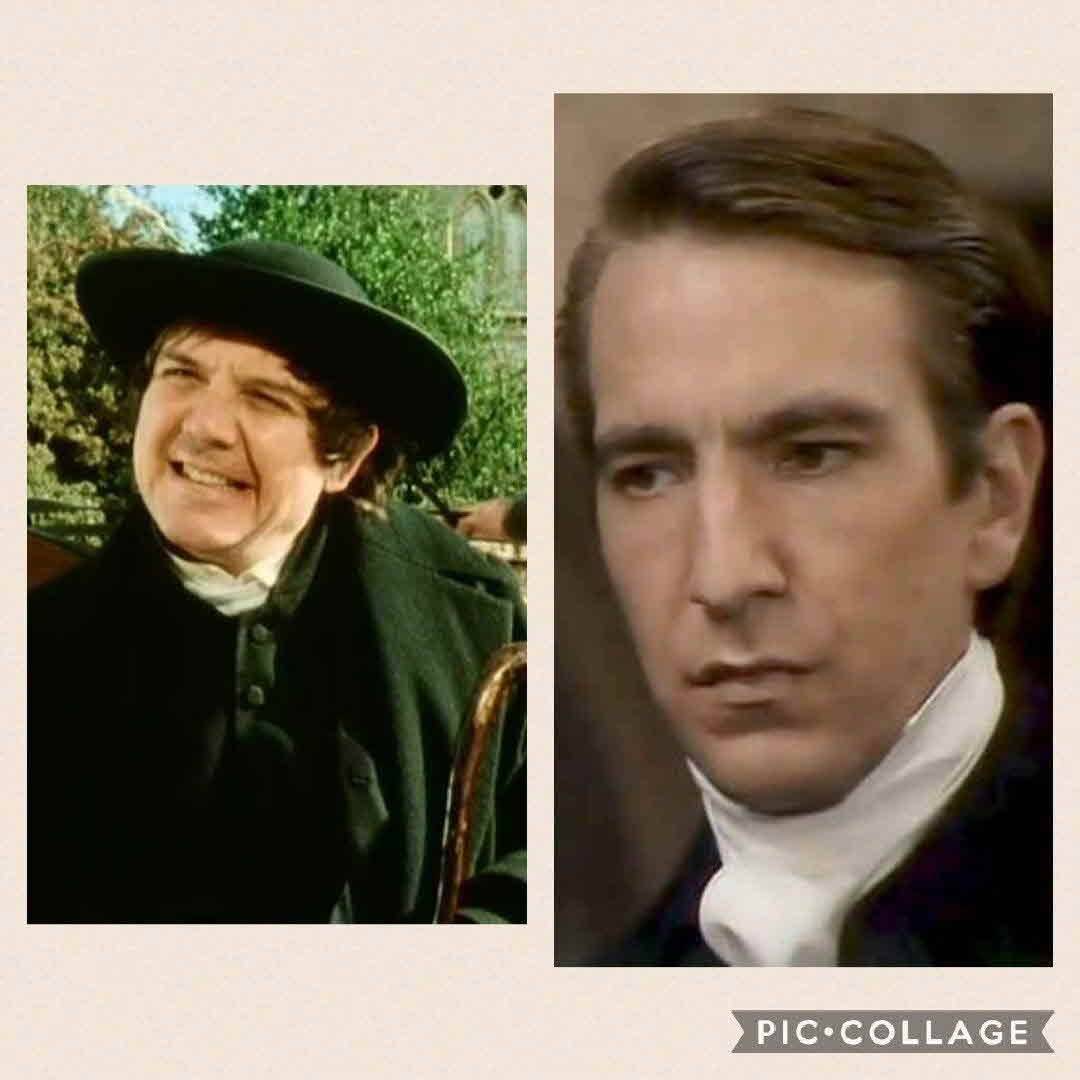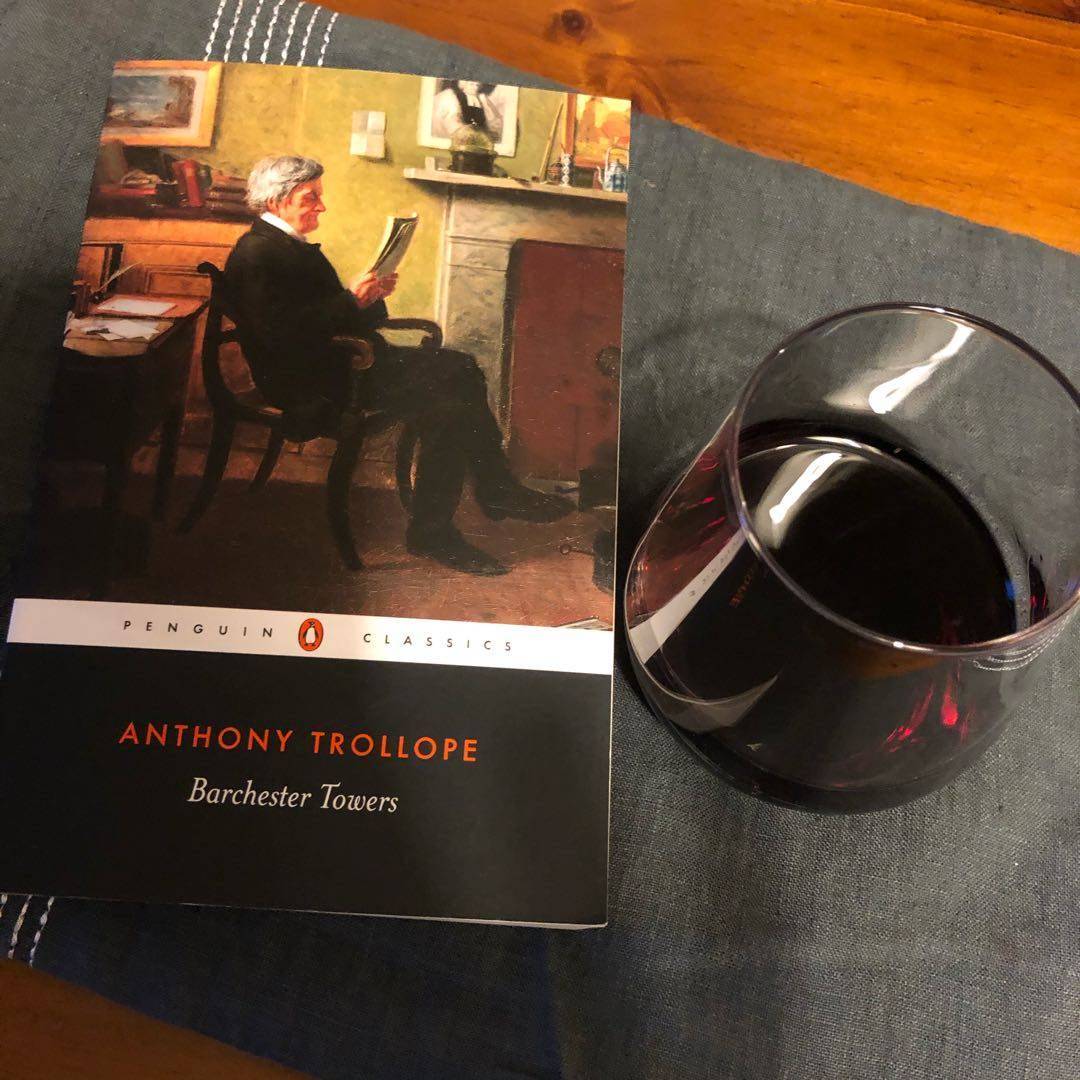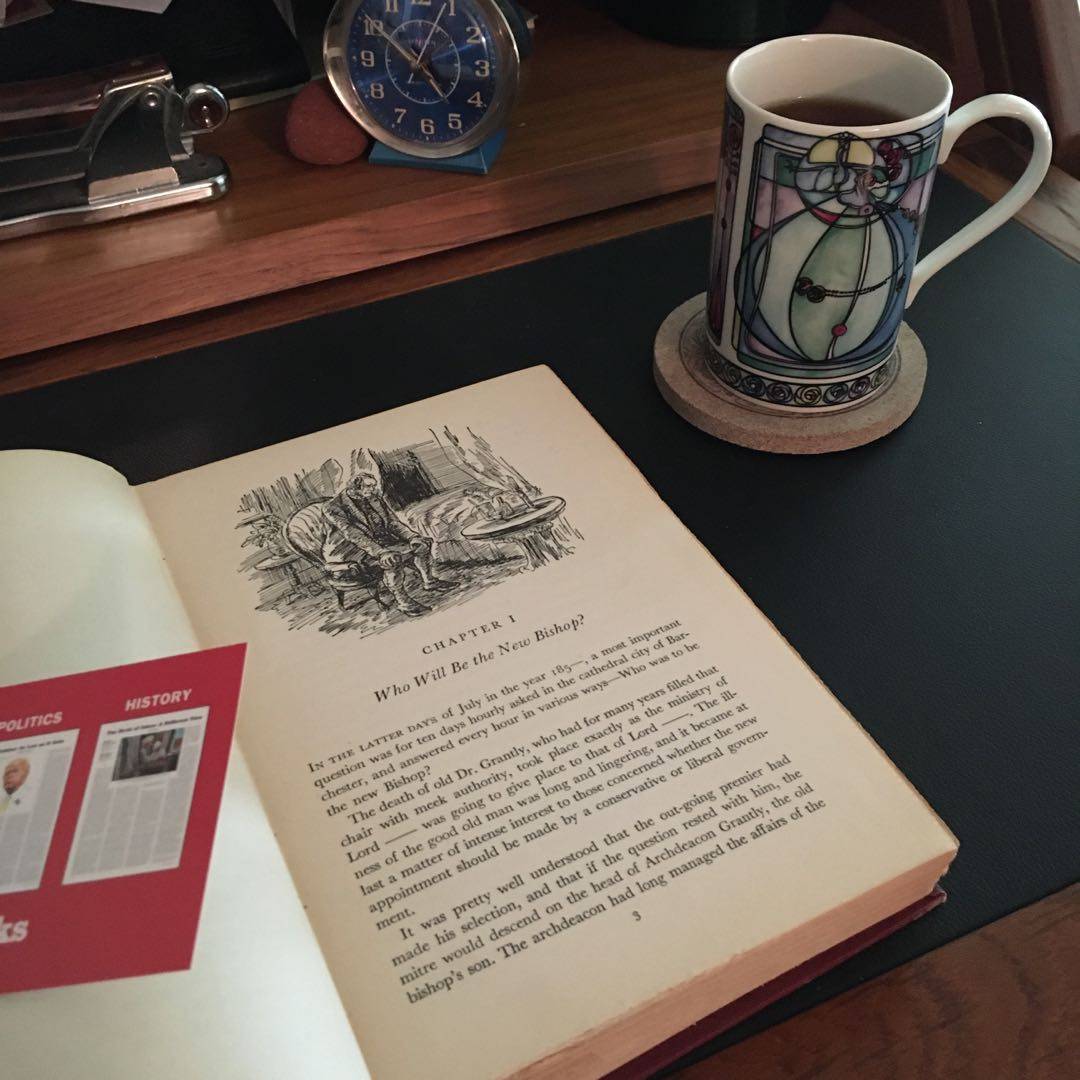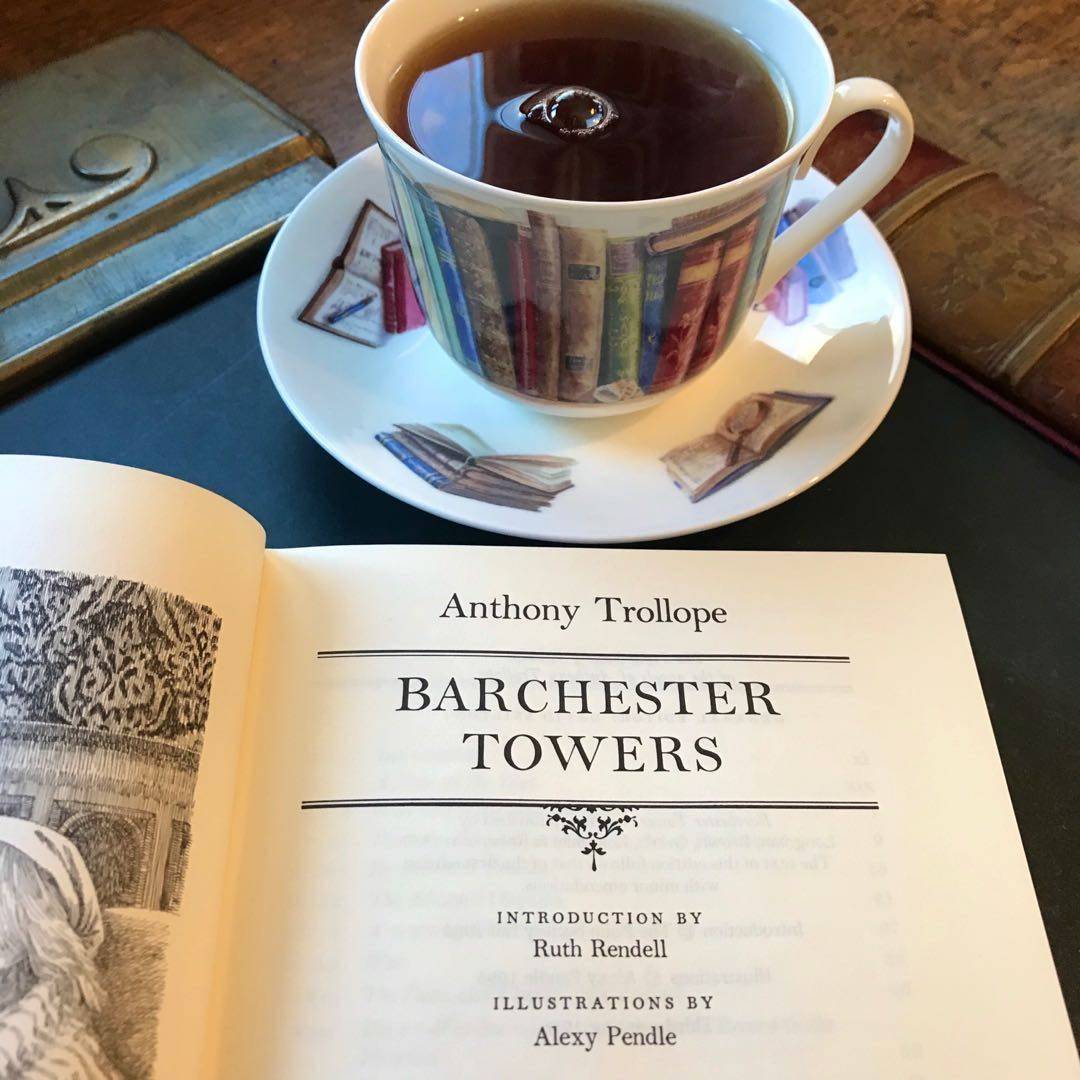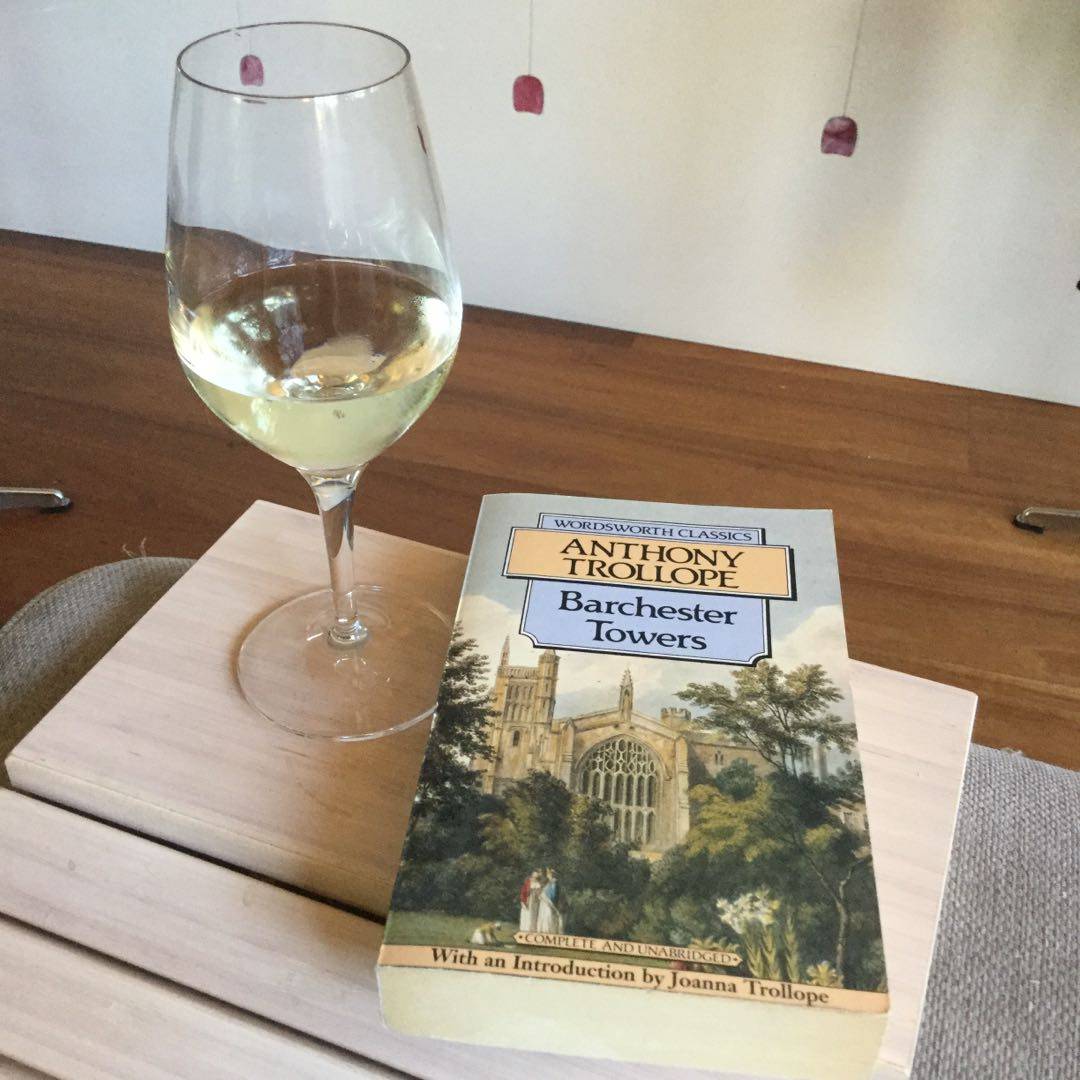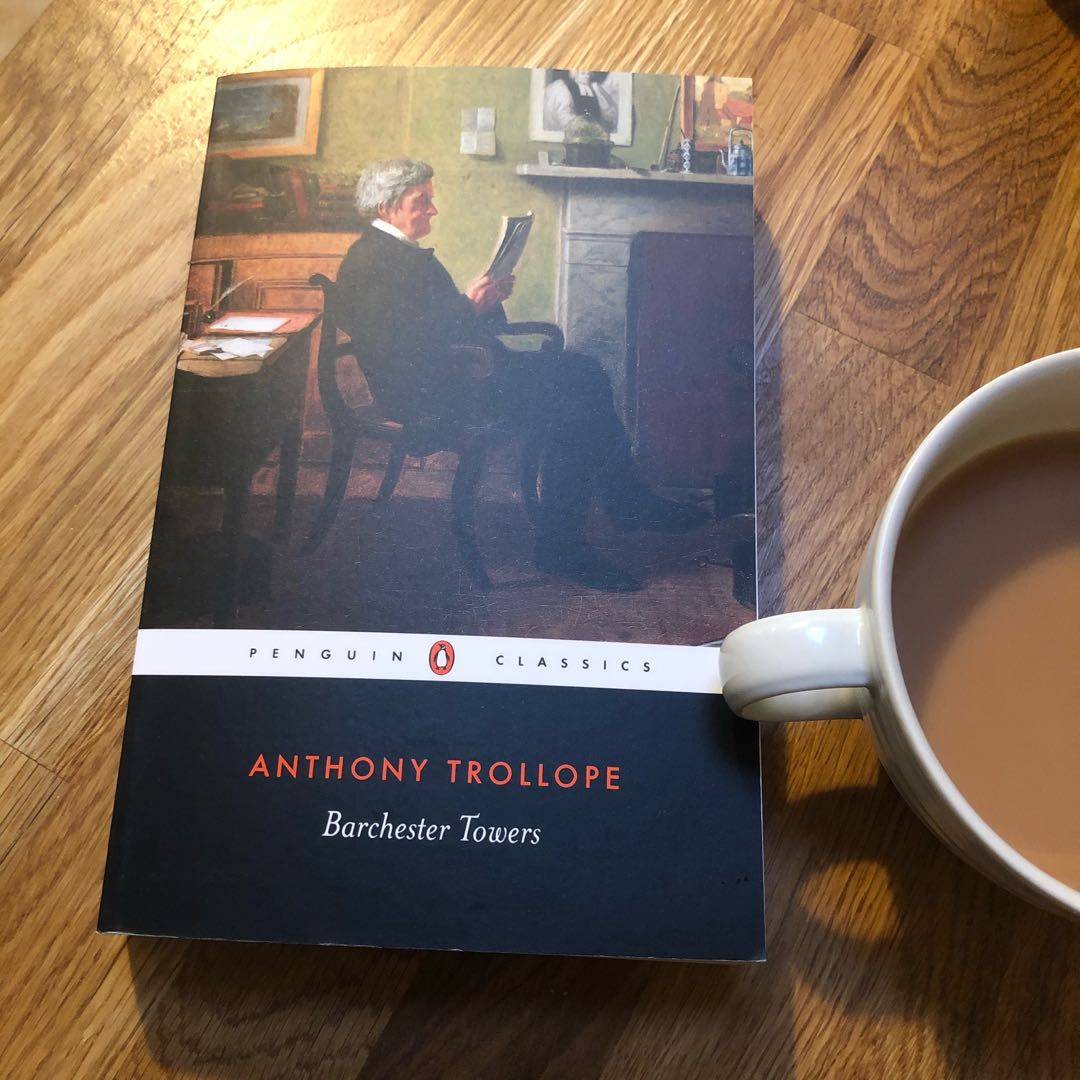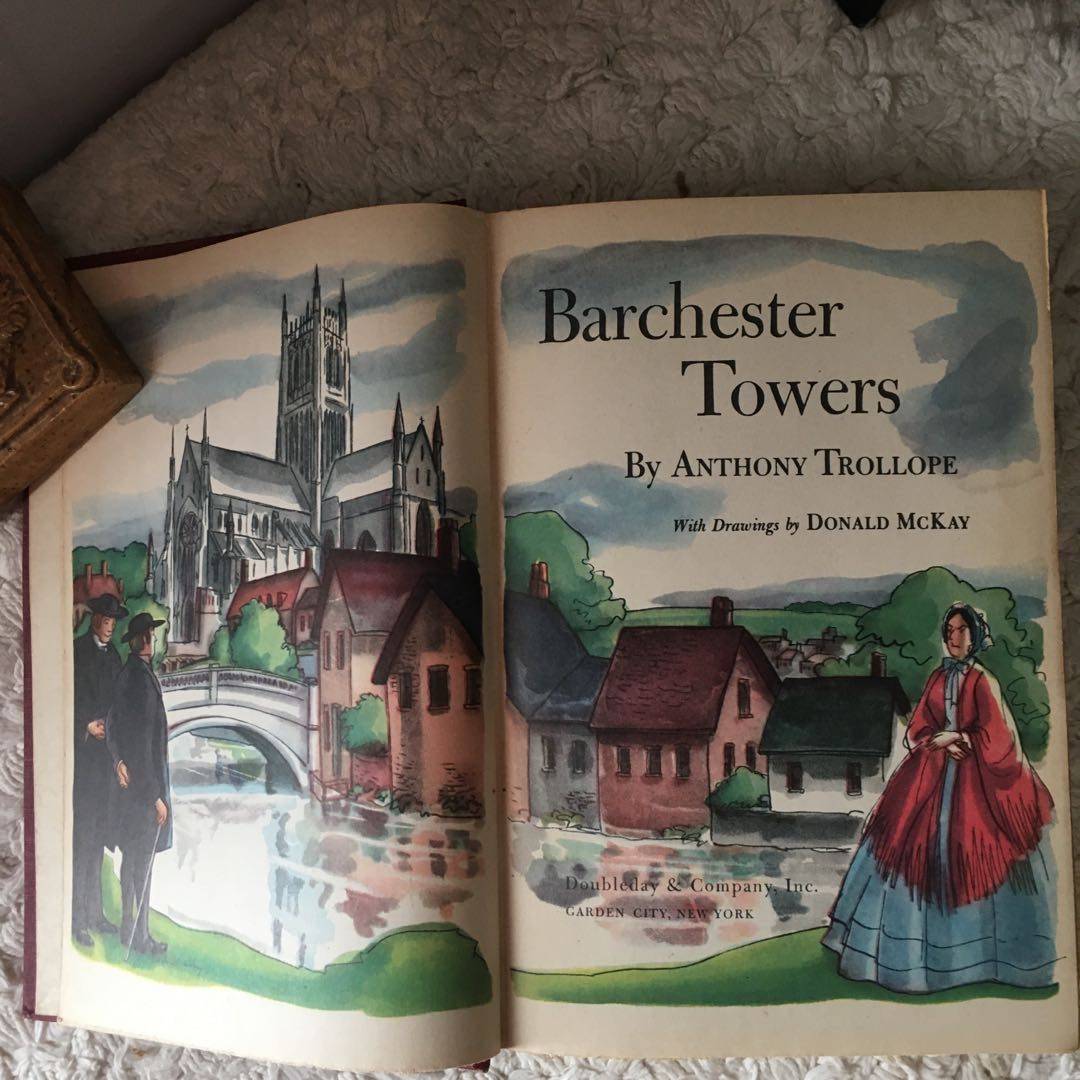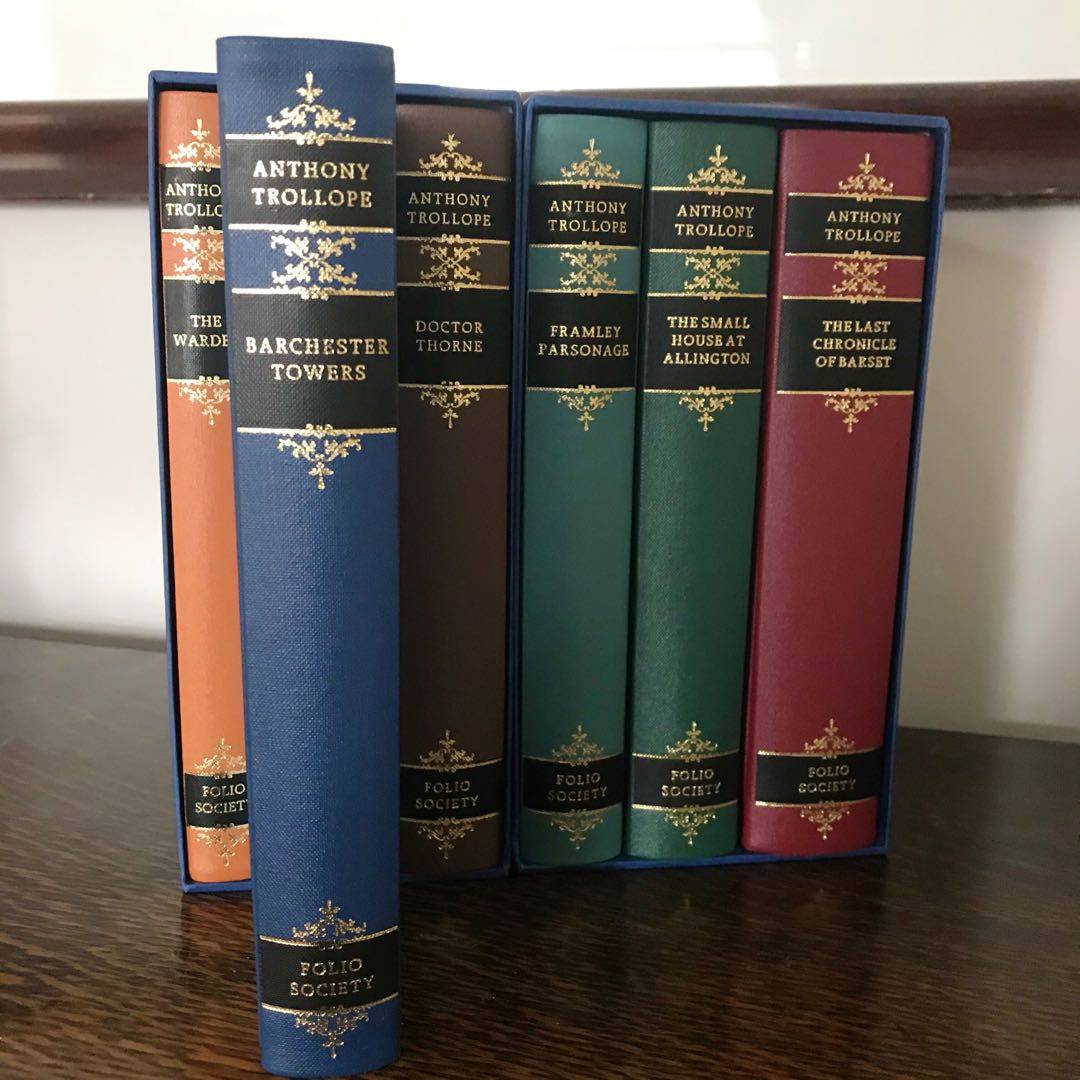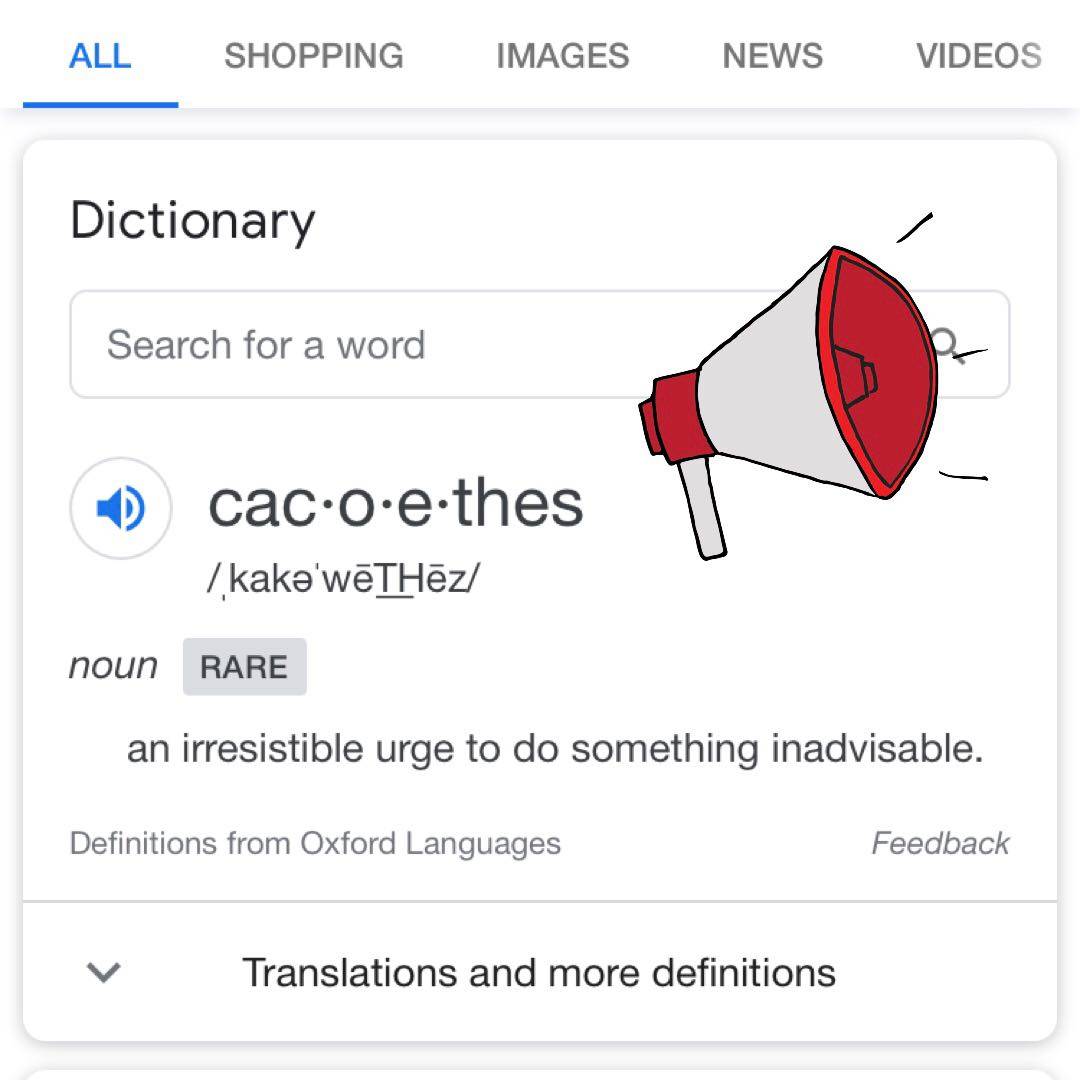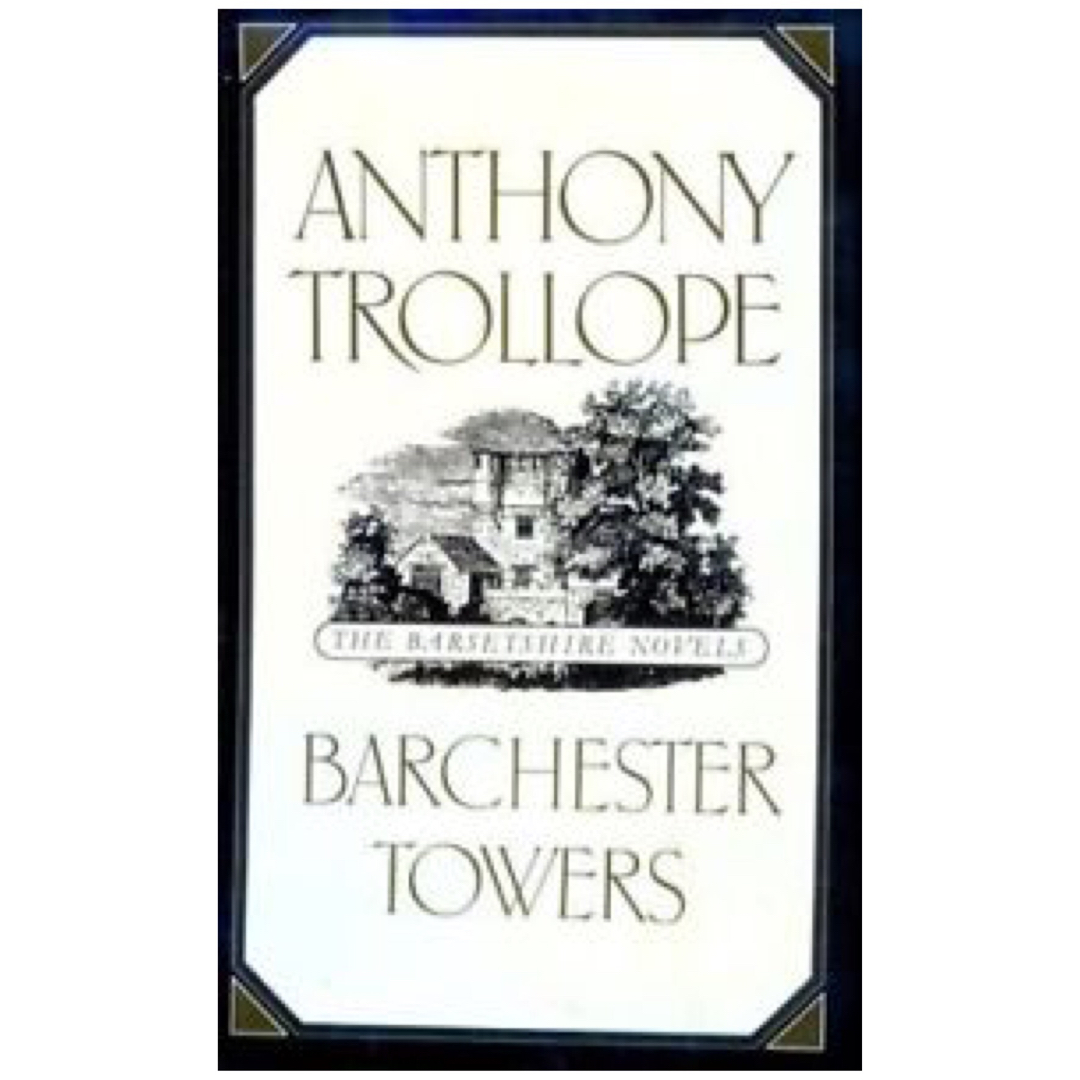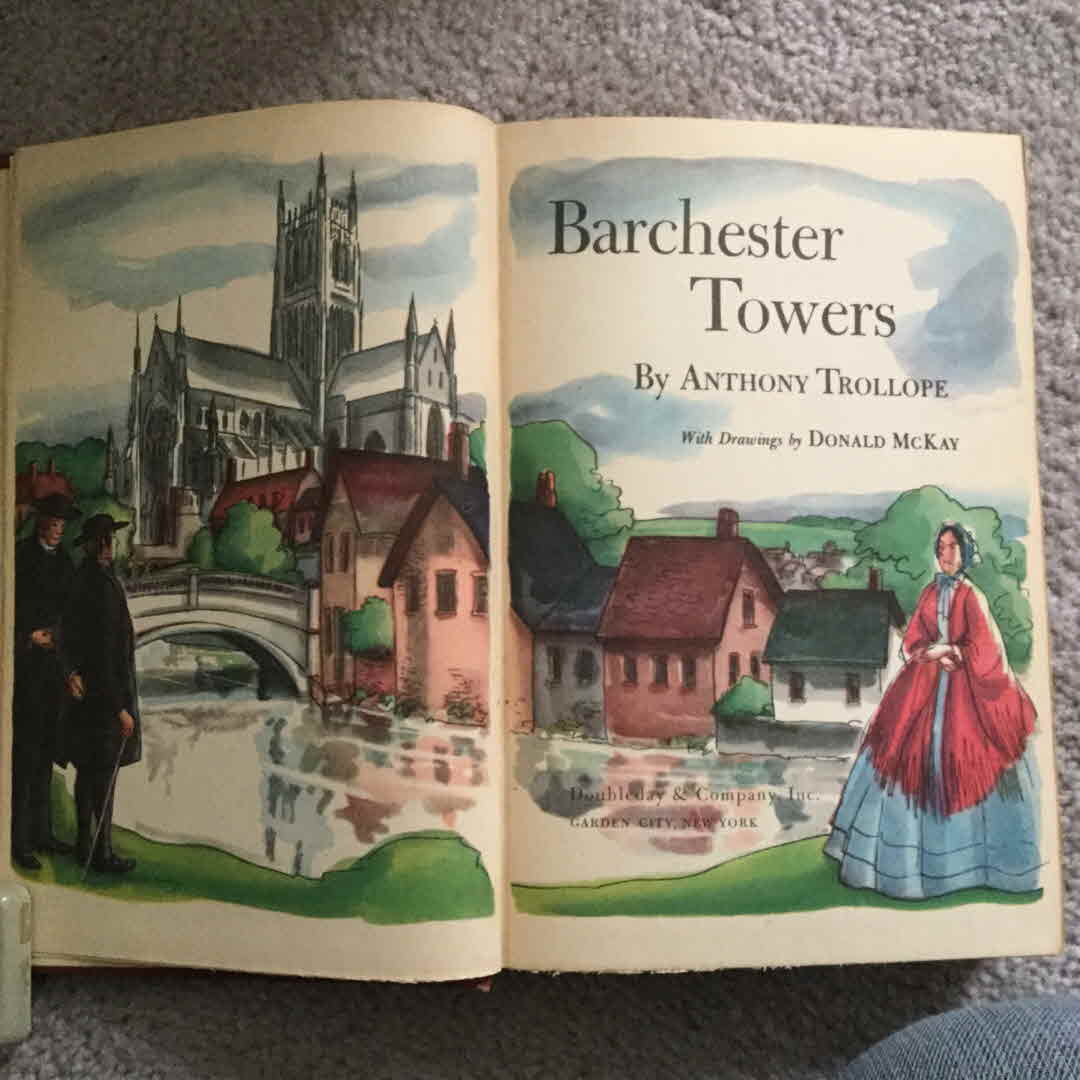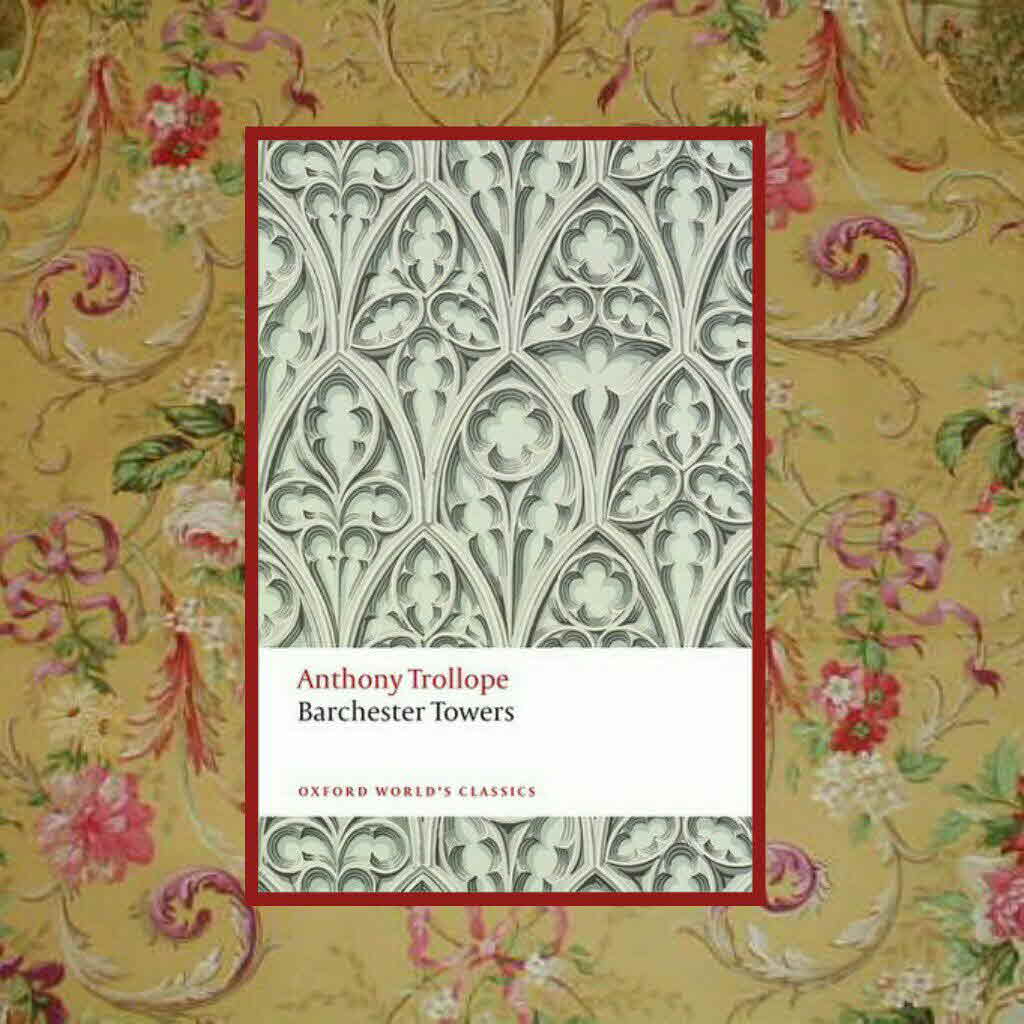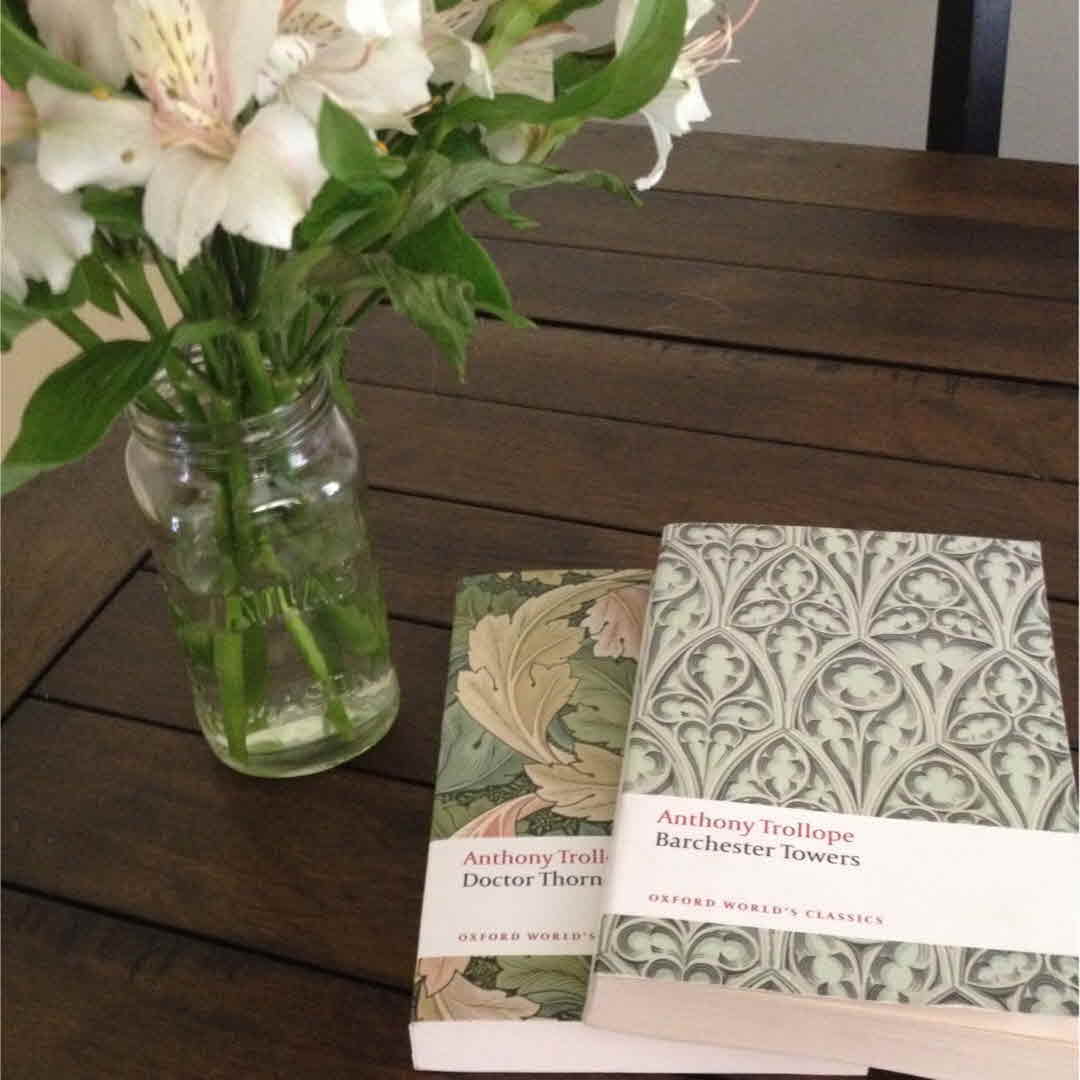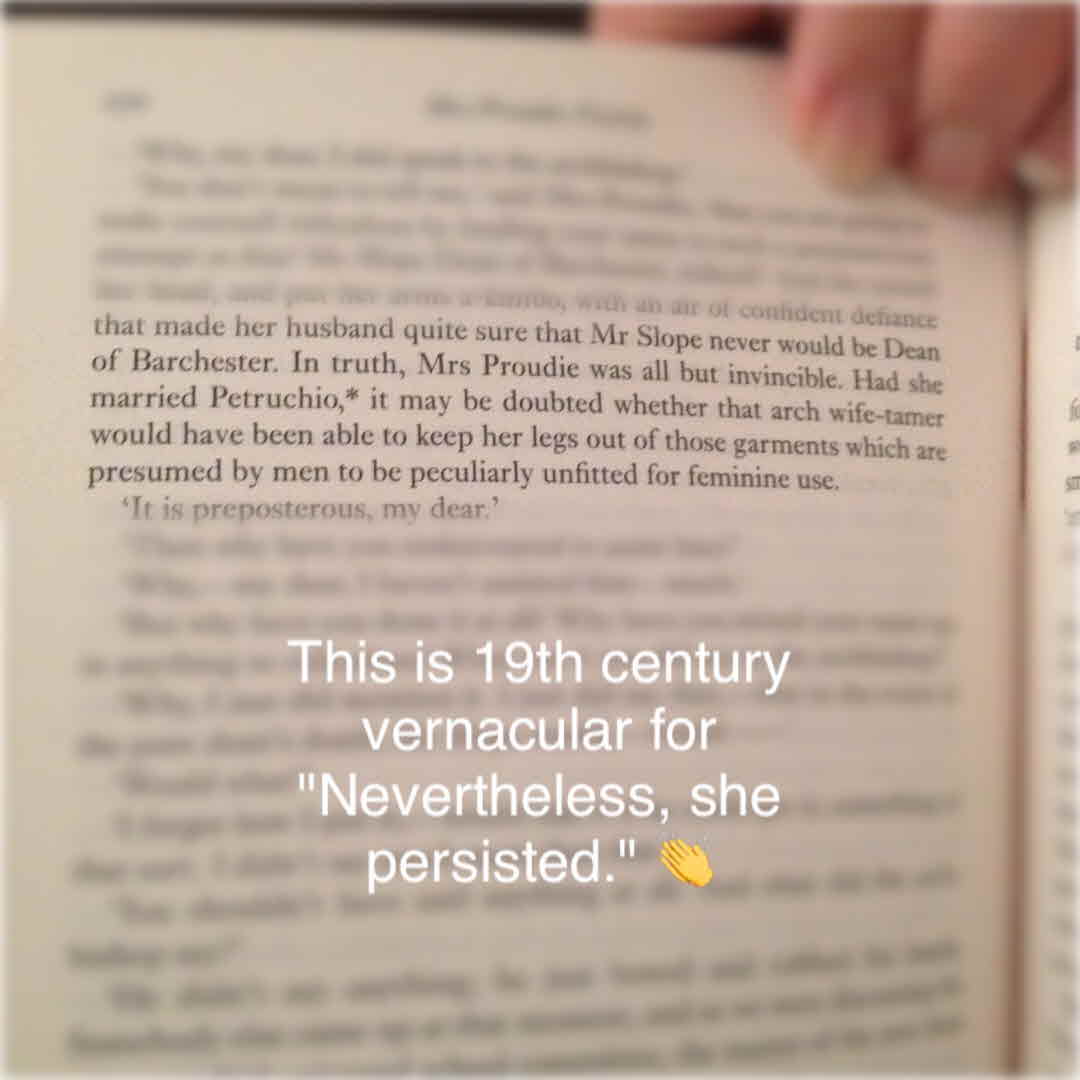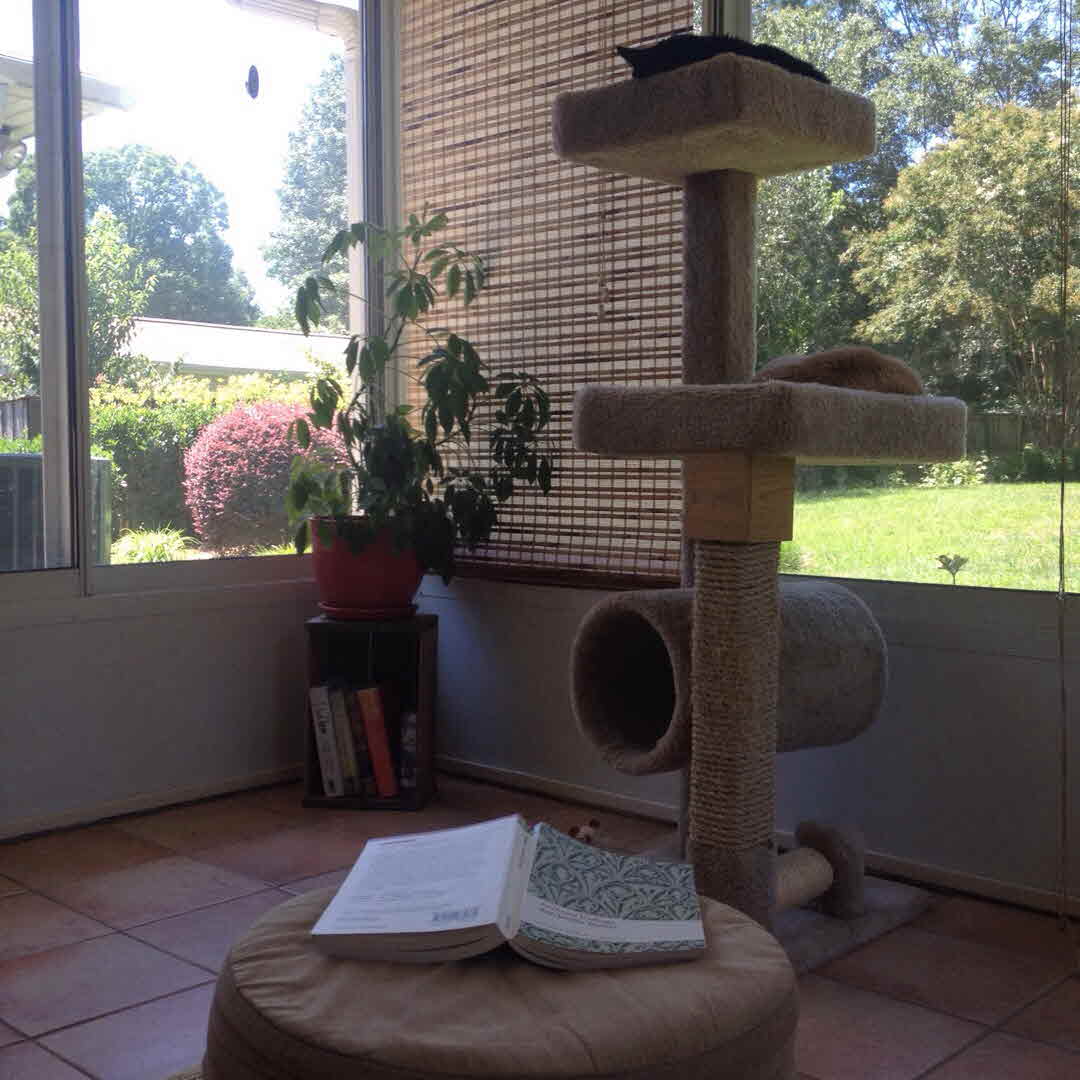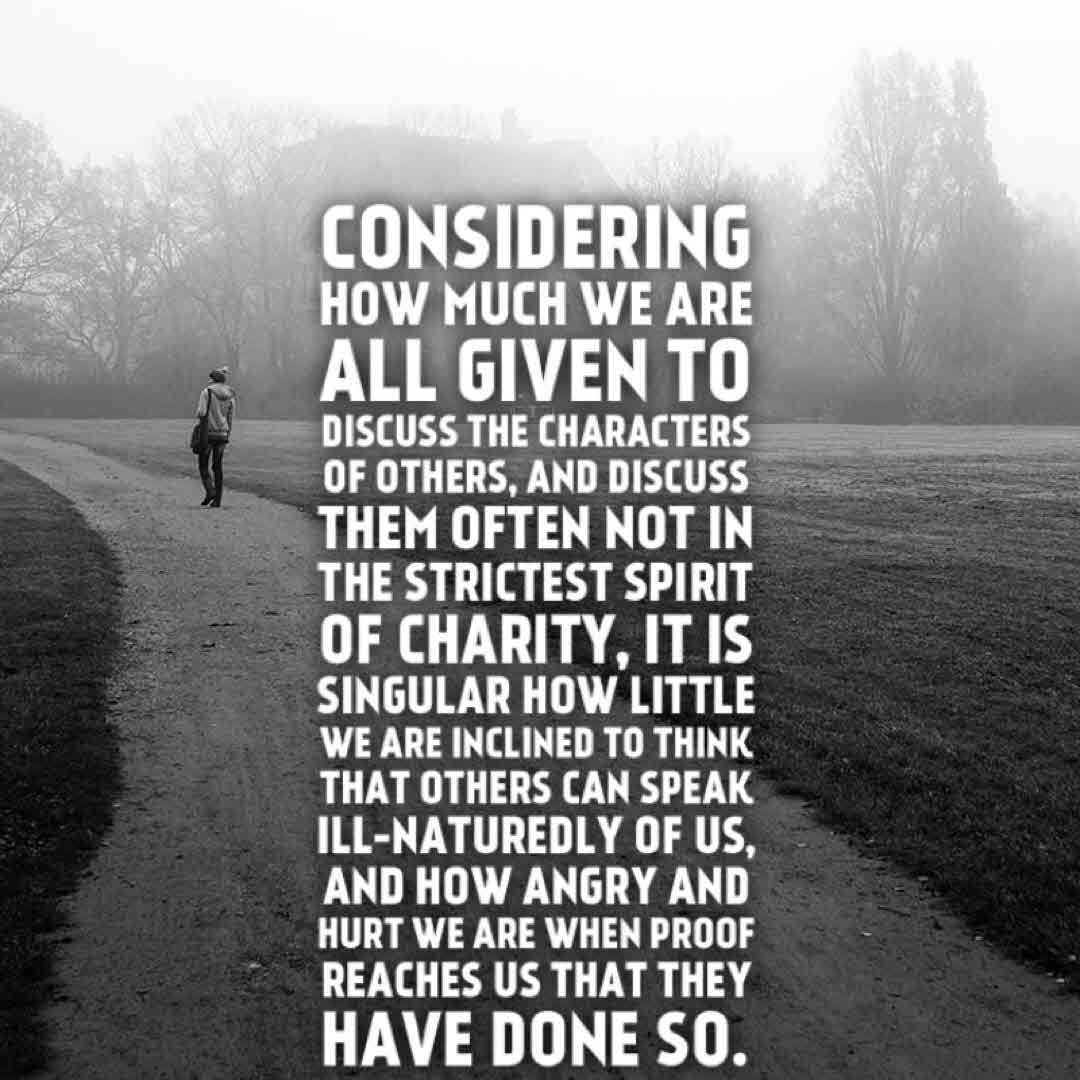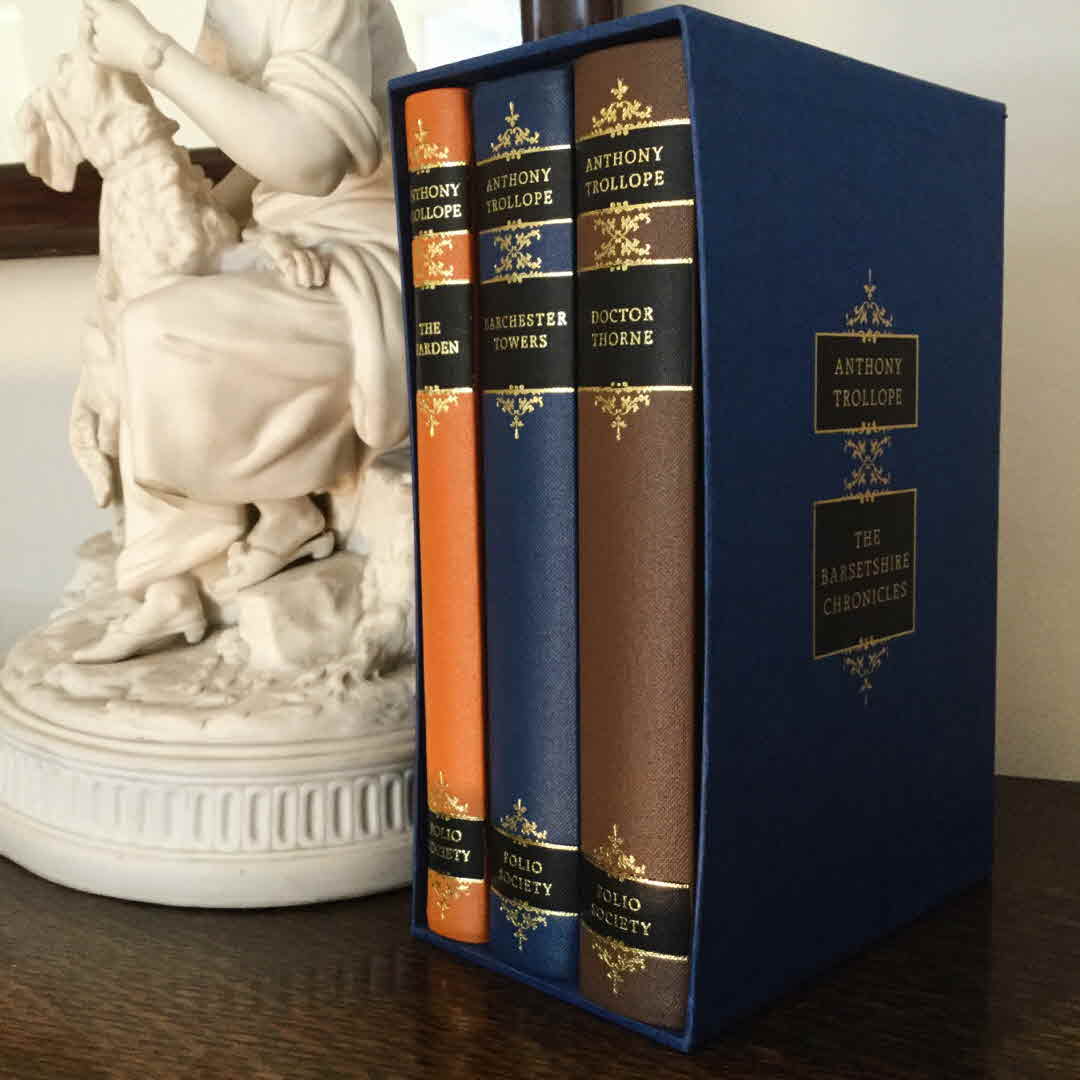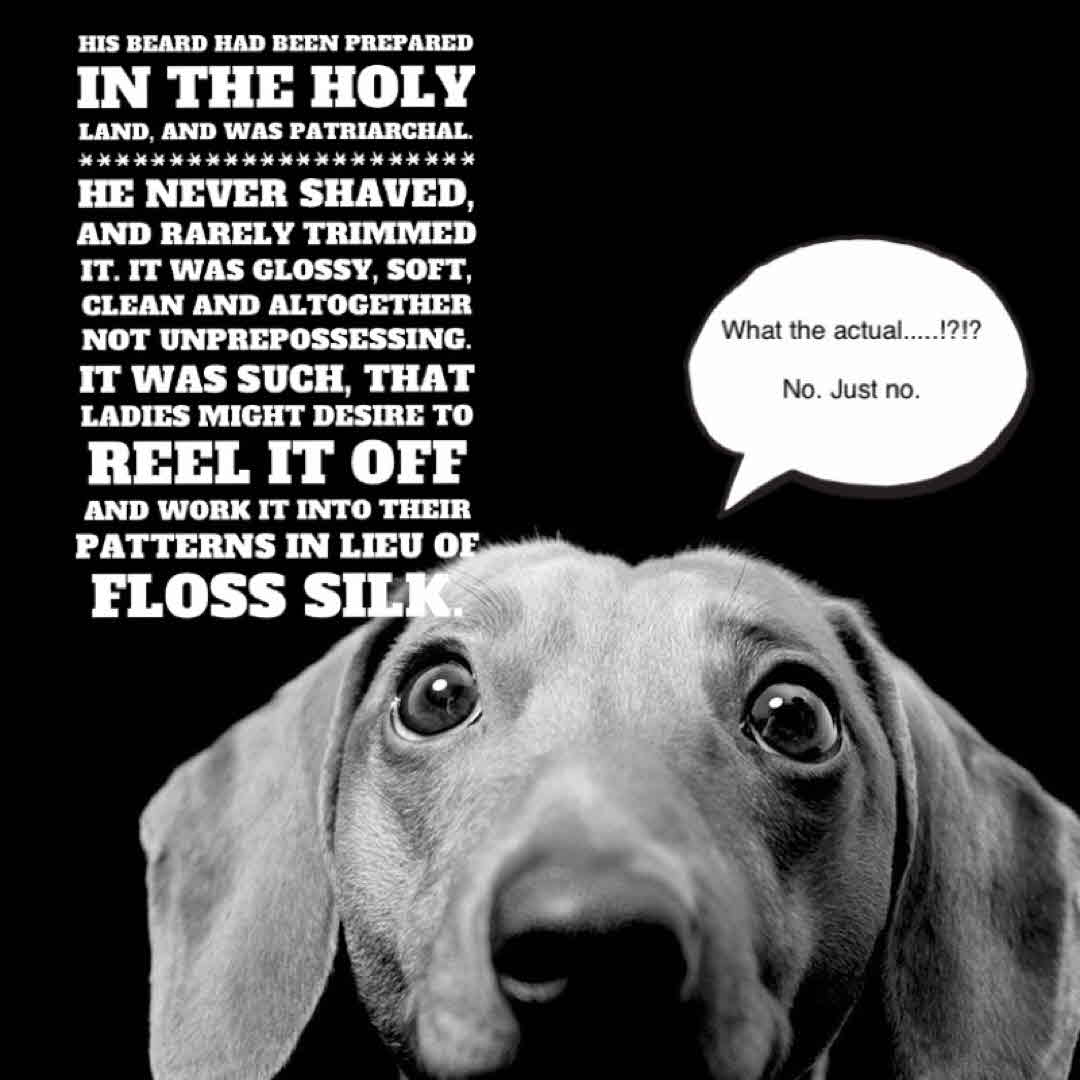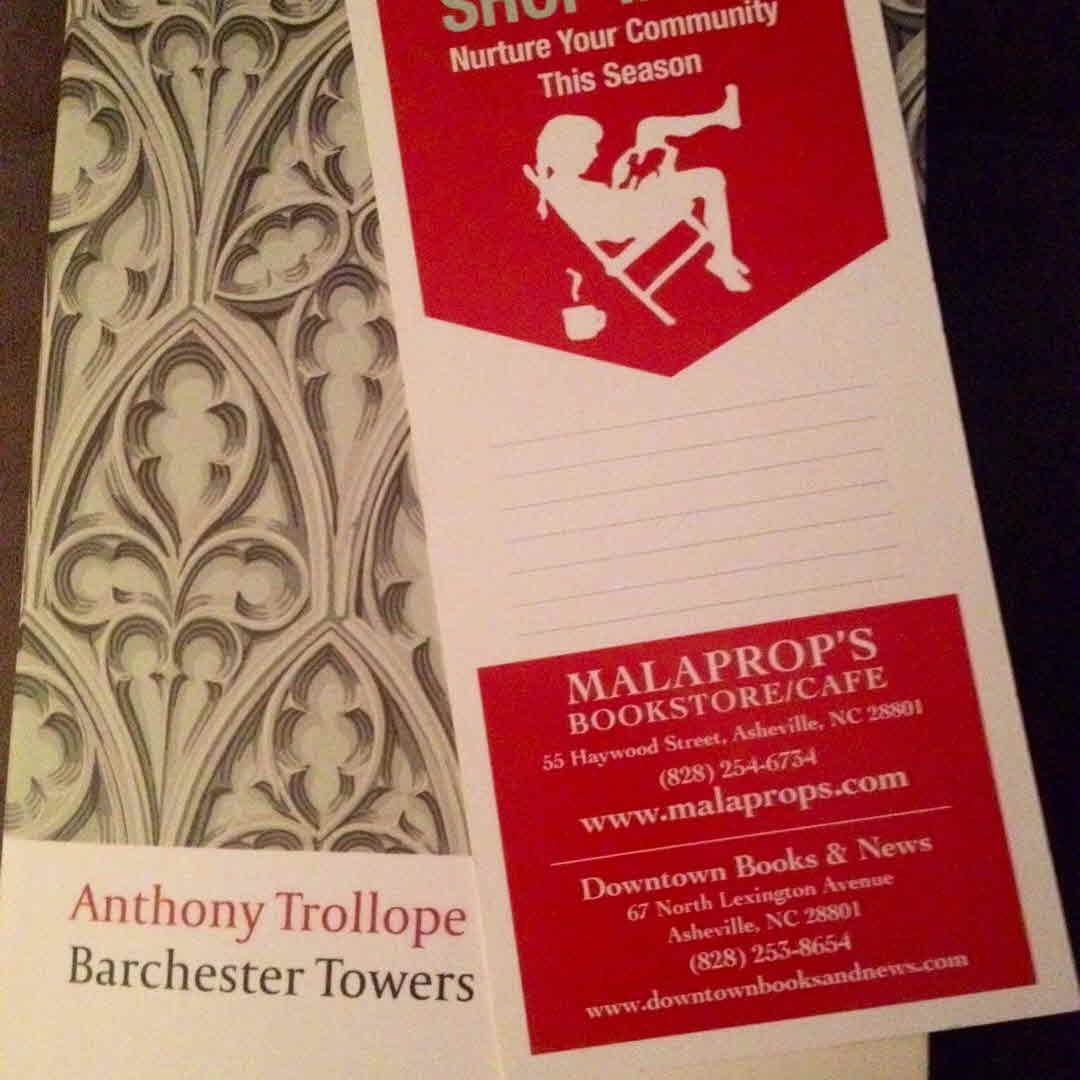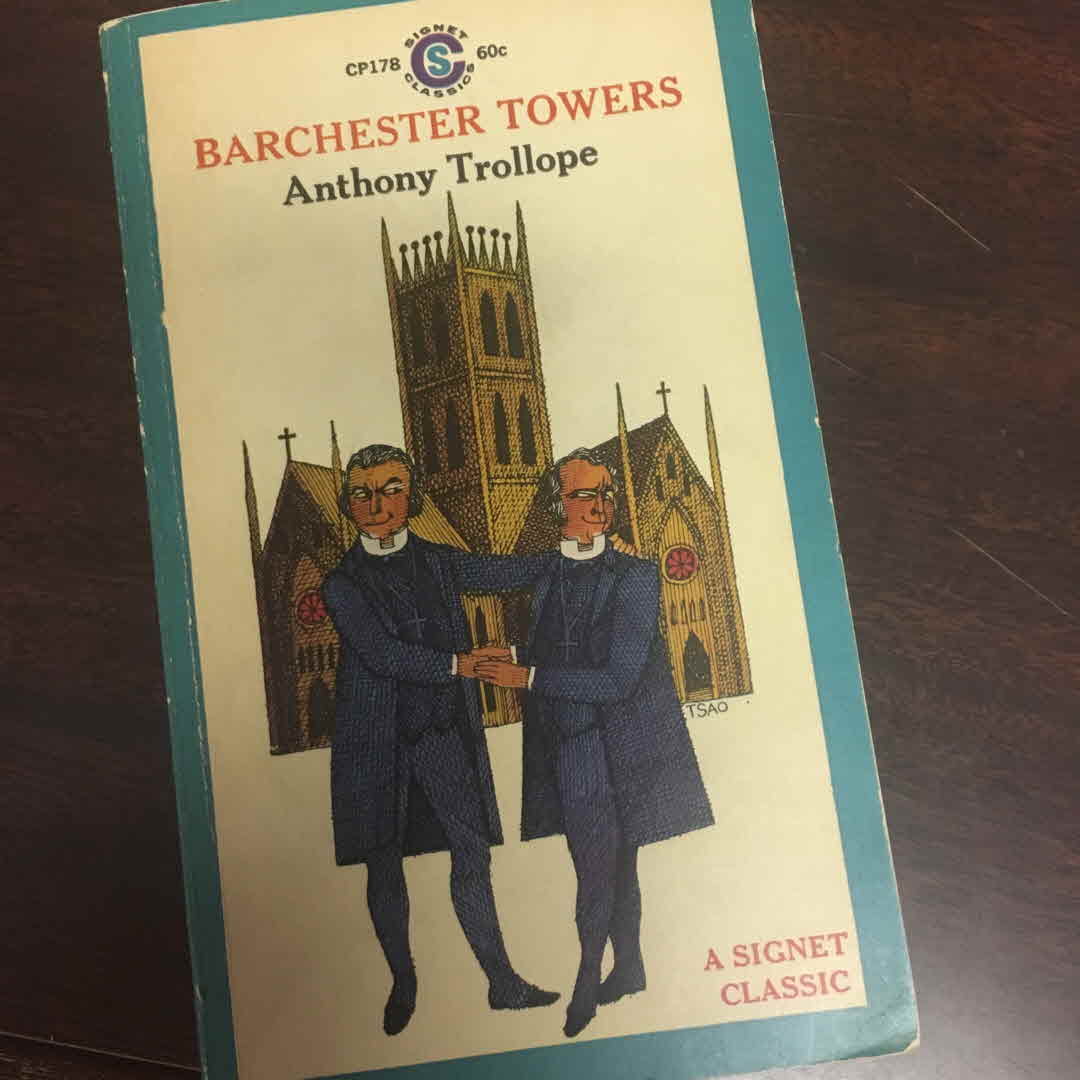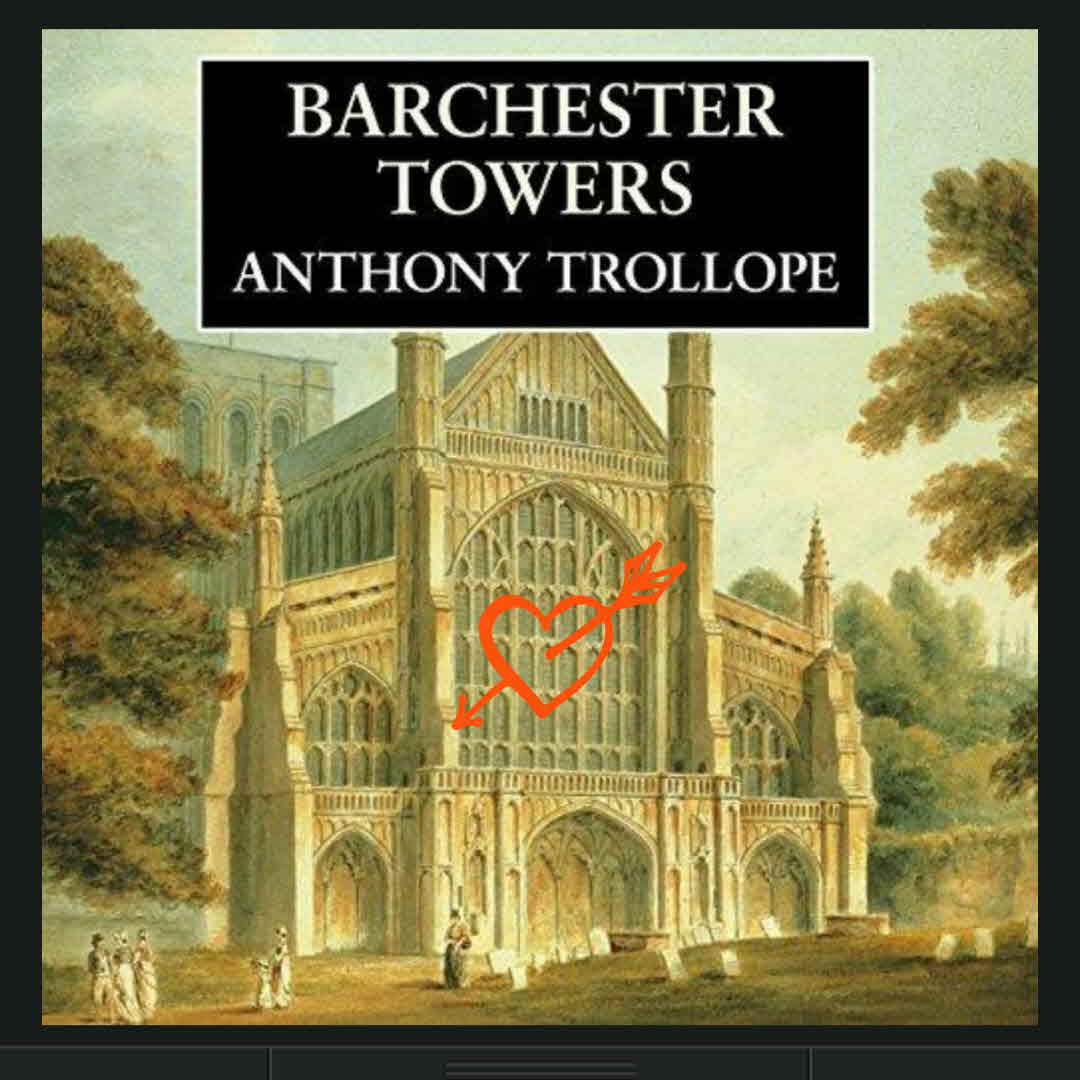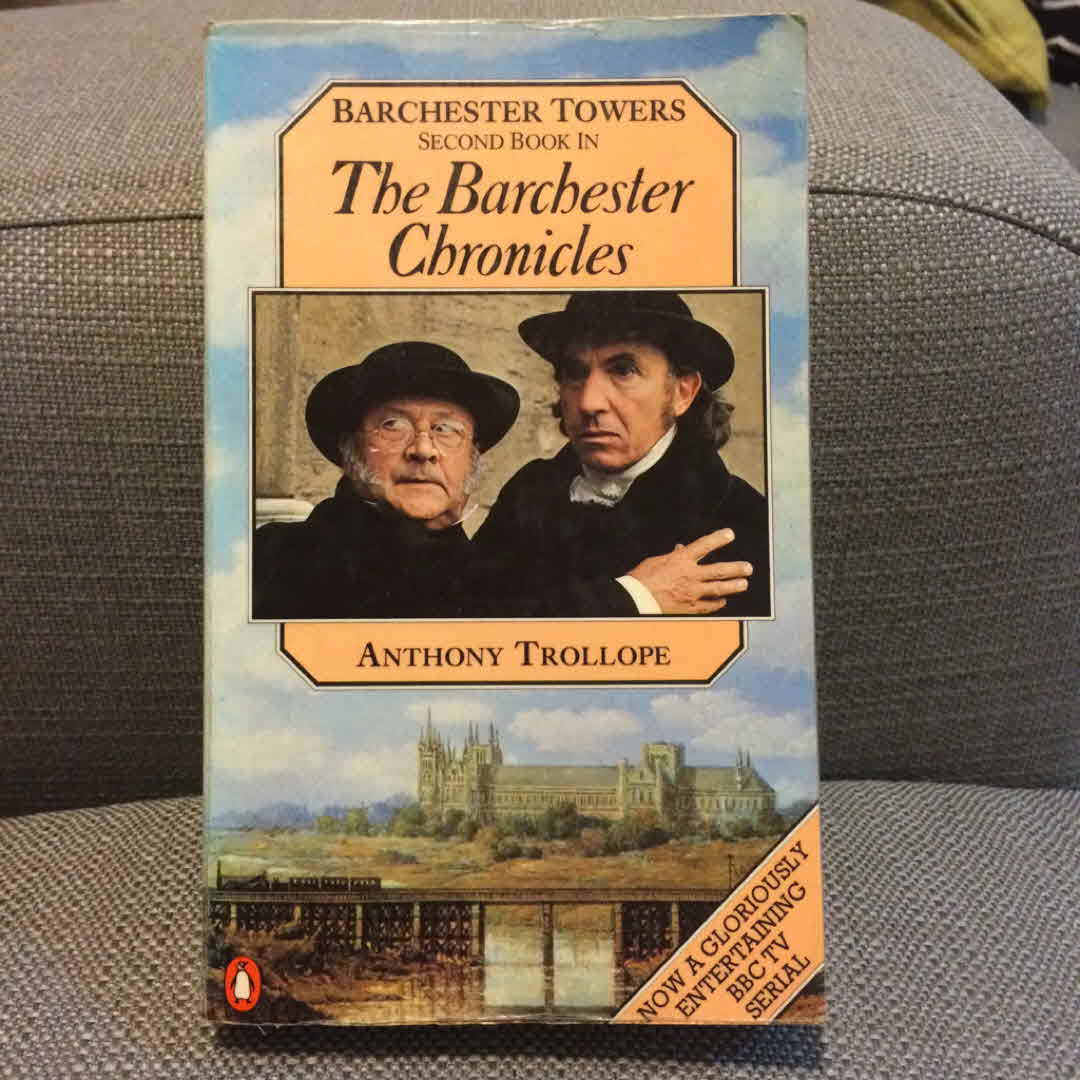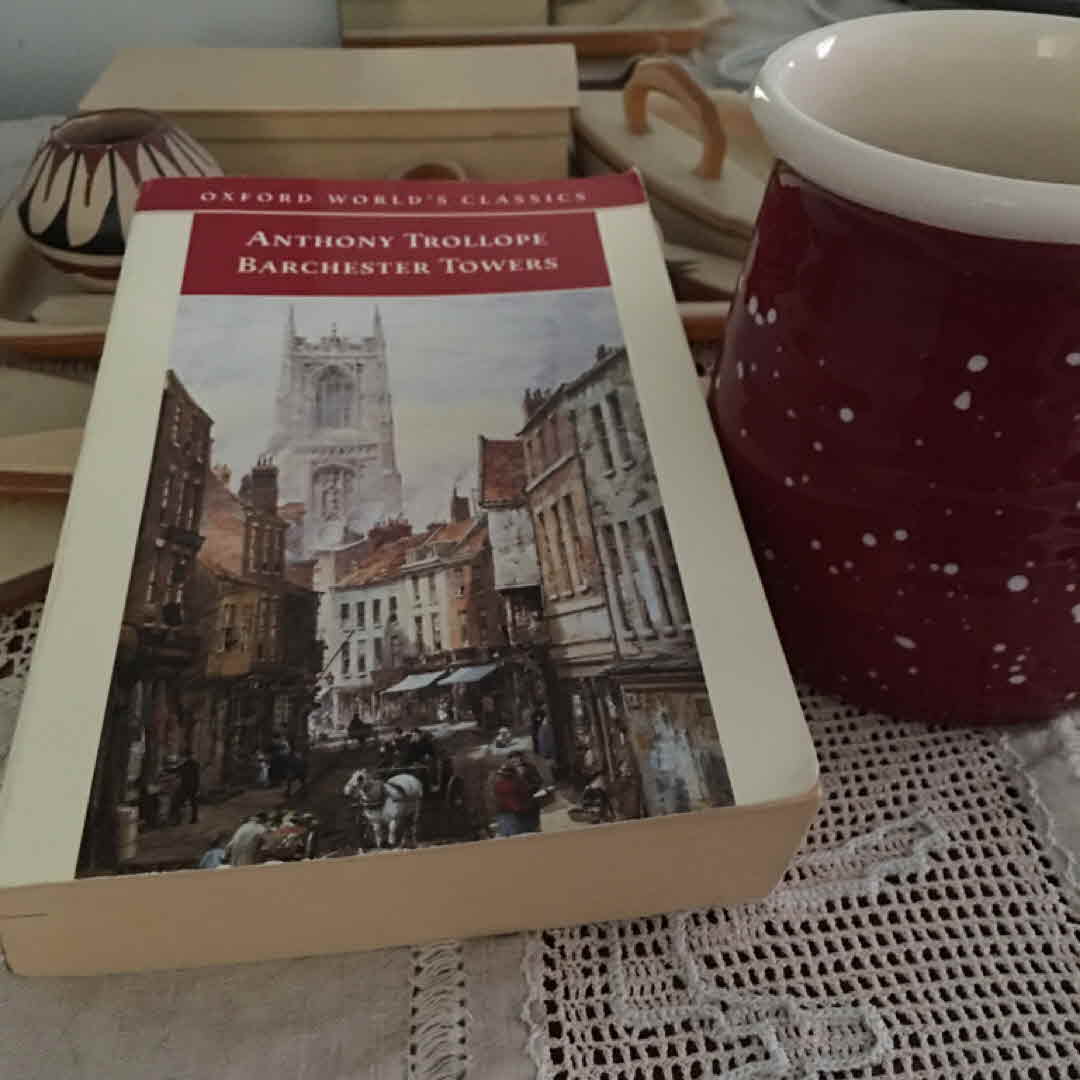Barchester Towers | Trollope Anthony
"Barchester Towers," by Anthony Trollope, is part of the ""Barnes & Noble Classics""series, which offers quality editions at affordable prices to the student and the general reader, including new scholarship, thoughtful design, and pages of carefully crafted extras. Here are some of the remarkable features of "Barnes & Noble Classics" New introductions commissioned from today's top writers and scholars Biographies of the authors Chronologies of contemporary historical, biographical, and cultural events Footnotes and endnotes Selective discussions of imitations, parodies, poems, books, plays, paintings, operas, statuary, and films inspired by the work Comments by other famous authors Study questions to challenge the reader's viewpoints and expectations Bibliographies for further reading Indices & Glossaries, when appropriateAll editions are beautifully designed and are printed to superior specifications; some include illustrations of historical interest. "Barnes & Noble Classics "pulls together a constellation of influencesbiographical, historical, and literaryto enrich each reader's understanding of these enduring works.The second and most popular of Trollope s six Barsetshire novels, "Barchester" "Towers "chronicles the struggles for power and position in an imaginary county in Victorian England. Passions start seething when an "outsider," Dr. Proudie, is appointed bishop of Barchester. Soon, his ambitious, domineering wife and the smarmy, scheming curate, Mr. Slope, are hatching plots and counter-plots as they try to control the choice of a new warden for Hiram s Hospital and a new husband for Eleanor, a lovely young widow and the daughter of the former warden, Mr. Harding.The novel combines the realism of later fiction (including Trollope s own) with such Victorian devices as Dickensian character names and a comically interruptive narrator. The narrator s sharply satiric comments enhance the story s richness, while his playful, reassuring, and mocking asides subvert the reader s expectations, giving the book an unexpectedly post-modernist flavor. Ultimately, we see that Trollope s characters petty jealousies, selfishness, and meanness are not metaphors for larger issues, they are the issuesthe same human failings that, in other contexts, can lead to serious social strife and civil unrest.Edward Mendelson is Professor of English and Comparative Literature at Columbia University. He is W. H. Auden s literary executor and has written widely on nineteenth- and twentieth-century novels."
